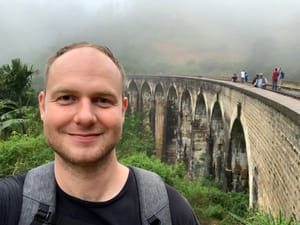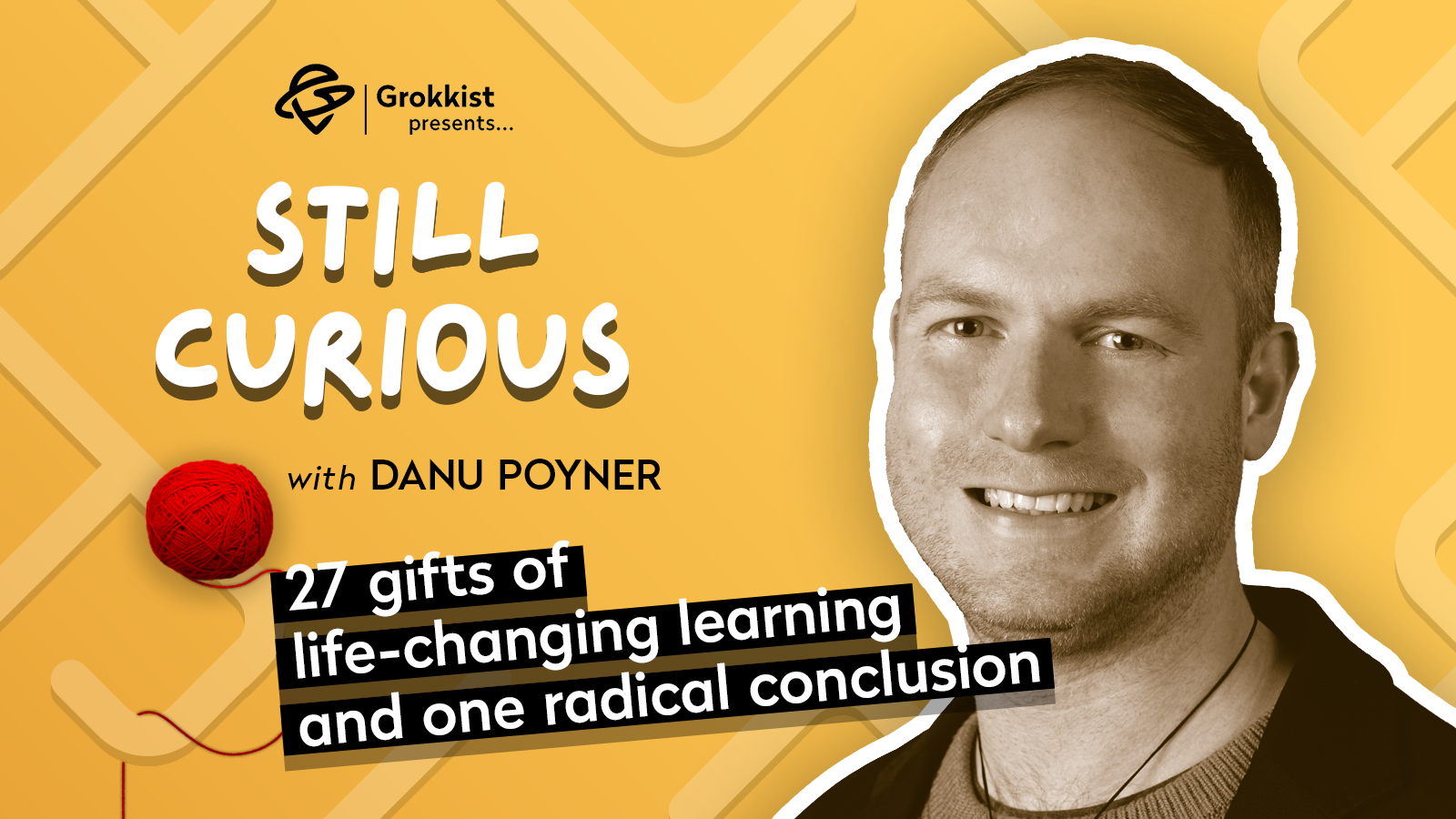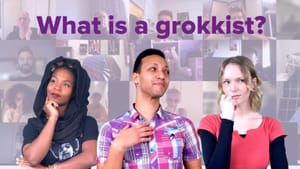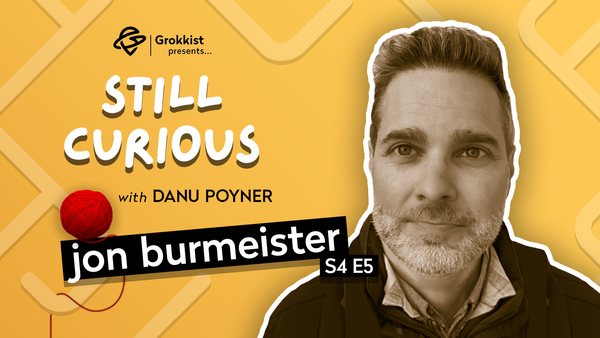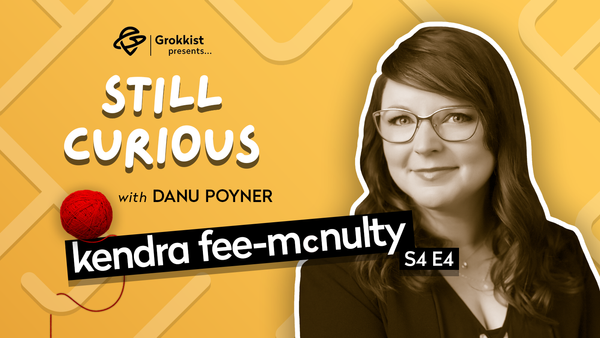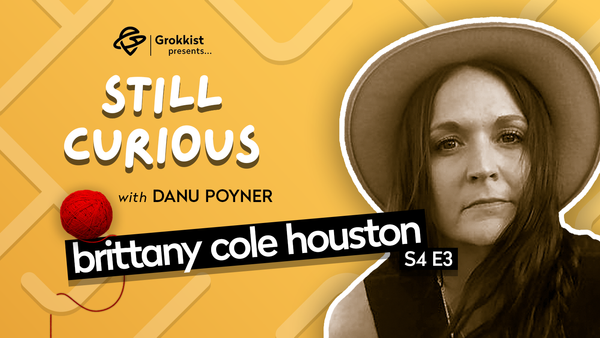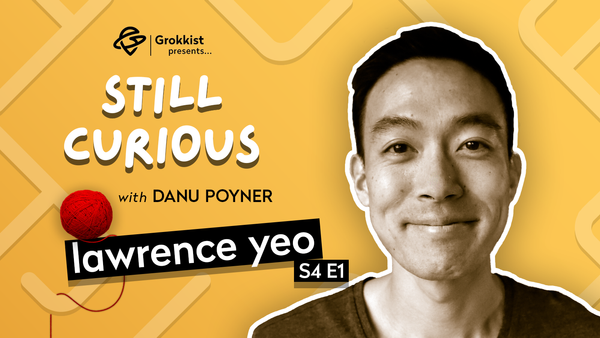Listen Now
How school interferes with education
When we hear the word ‘education’, for most of us the go-to association is with teachers, lectures, classrooms, courses, institutions and credentials – all of the apparatus of school.
If you’re familiar at all with my work you’ll know that I’m a big fan of this quote from Mark Twain:
Never let school interfere with your education
If you’re the kind of person who loves learning but doesn’t love school, this will touch you in the feelings right away. But what does it mean?
How does school interfere with education?
We made a whole video about that, and about reclaiming the ‘old school’ idea of school. Here's a snippet:
Education is the basis of society's design, the system that instills what's on everybody's mind.
And under this system, the society we find is economically unequally, ecologically awry.
So redefine school, not a tool of the state, but a movement that arises from those who create.
Whose mode of exchange isn't monetary wealth, but relationship and wisdom – an end in itself.
No more tests, no more rules, no more half truths, back to the roots.
Back to old school school.
To put it simply, it’s about recognising that the practice of learning is something distinct from the institutions of learning.
Institutions can help – they’re supposed to help – but as with so many things in life, what often ends up happening is that very institutions that exist to uphold an important public good can become estranged from the living nature of the good they are supposed to uphold, to the point that they can end up becoming an obstacle or even a threat to those who are interested in the practice itself, rather than the institution.
Or as we put it in the video:
The systems are fine until the systems are blind to the very human beings for whom the system’s designed.
One of the most pernicious ways that I find the apparatus of schooling and the institutions of learning interferes with education and the practice of learning is to hijack pretty much all conversations about education and make them about the education system. This subtly reinforces the idea that the education system somehow has a monopoly on learning.
But what if the actual learning that most changes people lives is happening somewhere else entirely?
As a high-school dropout who since spent time getting a bunch of university degrees that most definitely interfered with my education, this is a question that has interested me for the longest time.
Where, when, and how do moments of truly life-changing learning actually happen?
What do they look like?
When have you had a learning experience that actually changed your life?
If you think back through all the classes you’ve taken, the certificates you’ve earned, the books you’ve read, the films you’ve seen, the things you’ve tried, the places you’ve been, the people you’ve looked up to… what stands out most to you as a truly life-changing learning experience?
On my podcast, Still Curious, I talk to people who have somehow managed to keep their curiosity intact well into adulthood, despite the best efforts of the world around them. One question I ask everyone who comes on the show is: "if you could gift someone a life-changing learning experience, what would it be and why?"
I’ve been doing this for a little while now, and it’s always my favourite part of the show because I never have any idea what to expect, and the things that each person comes out with are often surprising, moving and profound.
When you put them all together, the overall effect is even more striking, and revealing.
So today I’d like to share the combined wisdom of 27 of my podcast guests with you, and reflect on what it all means.
For me, the responses to ‘what’s a life changing learning experience you could gift someone’ fall broadly into three buckets, so we’ll take them one at a time and then I’ll offer some thoughts on the answers as a whole.
Life-changing learning gifts about broadening our perspective
The first bucket is for life-changing learning experiences that broaden your perspective, starting with the gift of empathy.
The biggest thing I wish anybody could have in learning anything is just the ability to empathise, to truly understand that there's things you don't understand about who people are, and what makes their decisions, and what drives them.
And that sometimes you can imagine being in their shoes, but sometimes you can't, and just to acknowledge that you can't understand it and respect that whatever decisions they make or are forced to make might not be an indictment on them being mad or bad or sad or whatever.
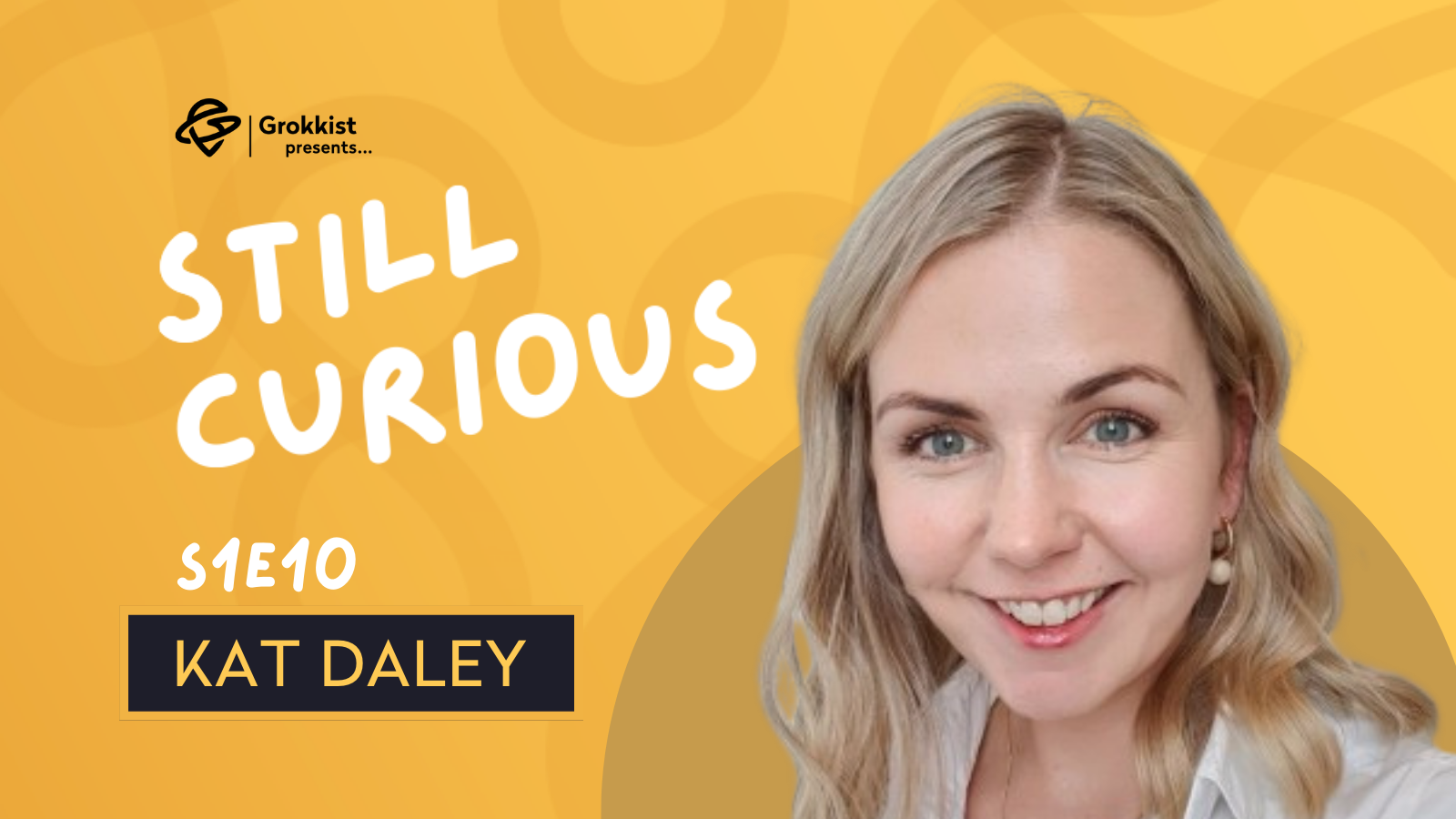
Empathy is about expanding our inner imaginative space to include the perspectives and experiences of others.
I like Kat’s point about there being limits to what you or I might be able to imagine based our own experience and perspective, and that sometimes we can’t imagine what it’s like to be in this other person’s situation. Extending our empathy even in situations where we can’t understand is an act of grace and humility through which we acknowledge the existence of worlds beyond the borders of our own imagination.
And exploring imaginative worlds beyond our own experience is a life-changing learning experience that can come through the gift of fiction.
It would be for every person to be able to find a book or a TV show or a movie that cracks them open and makes them think about the world differently and sits with them long after they've finished it.
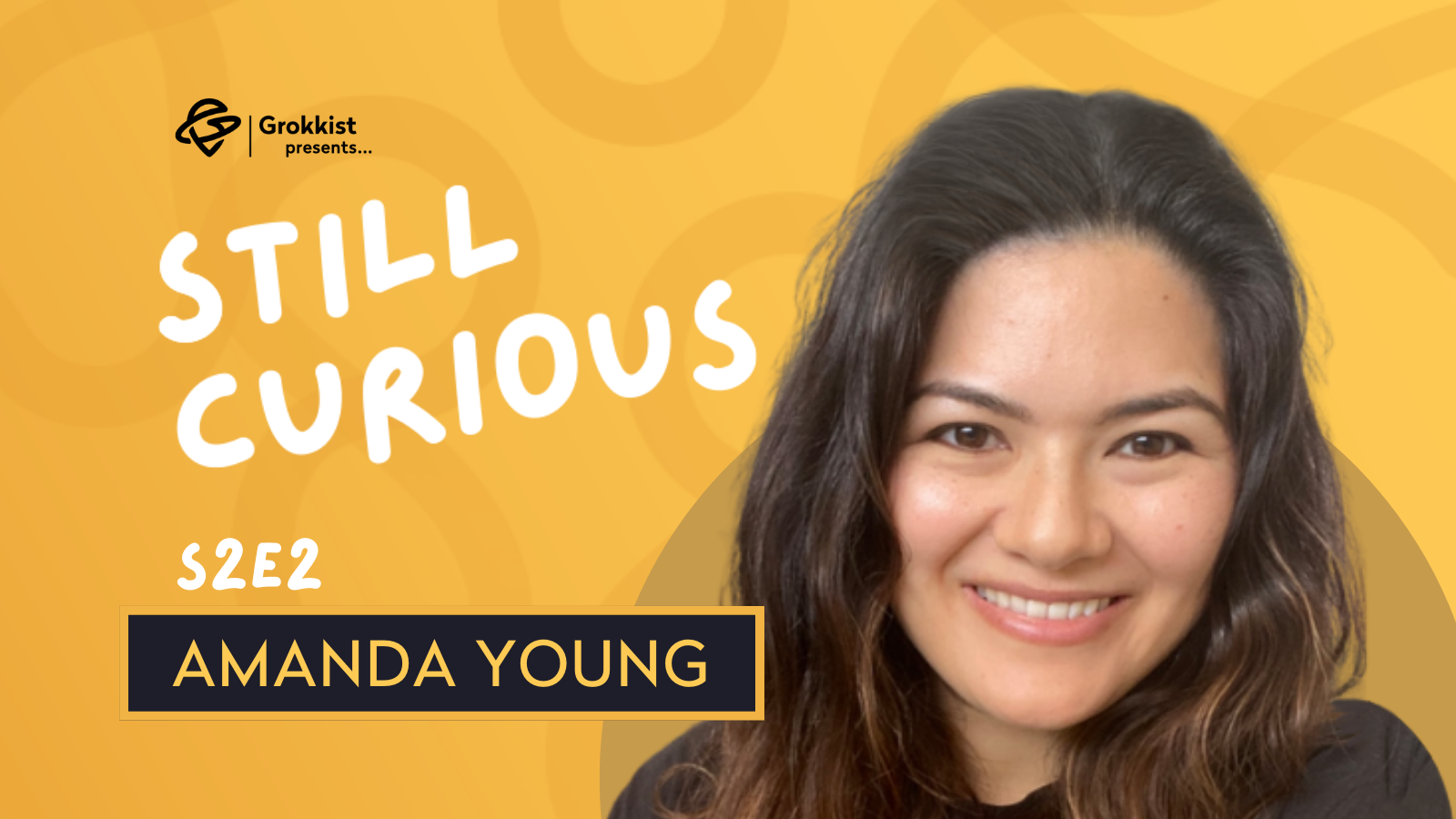
As a big reader myself, this one spoke to me, that feeling of being cracked open. You’ll never be the same again, but it’s like a Japanese kintsugi bowl where you end up more beautifully broken than when you started.
And if we expand our imaginative space far enough, we may eventually come to see that what at first looks like an overwhelming array of differences can turn out to be expressions of a deeper unity.
I would want to give people the ability to see the world from a different perspective from the other. We just know what we know, and we don't know what we don't know.
Working with people across countries I realised that we're not that different. We are human beings and so there's something about that. It doesn't matter what language you speak, what you do, what you know. Just the power of seeing the world through someone else's eyes, it really helps you see the world in a different perspective.
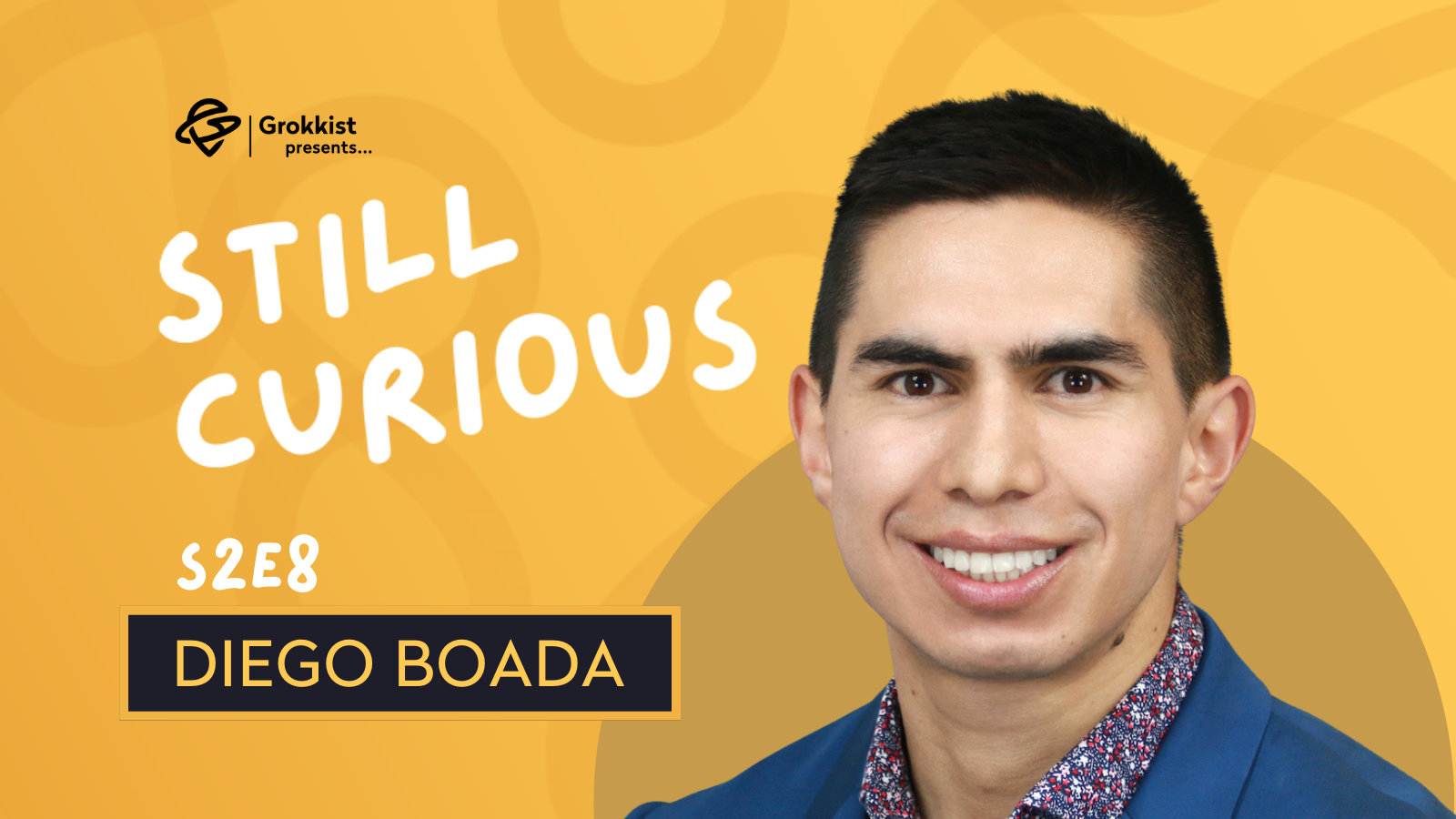
With all that in mind, it will probably come as no surprise that one answer which comes up a lot is spending time in another country.
I would gift someone a time to live abroad and to experience another culture. It's coaching every day, because you're having to adapt and think and reflect.
You learn so much about another place obviously, and other people, but you learn so much about yourself too. And you also learn so much about where you've come from. You see things with a different eye. You're able to communicate in a different way and really have a lot of gratitude for what you have and for the people around you. I think you appreciate what other people do for you.
For me, every time I've lived overseas (and I do make a distinction between going on holiday and actually living) it's a gift that I would love to give to other people.
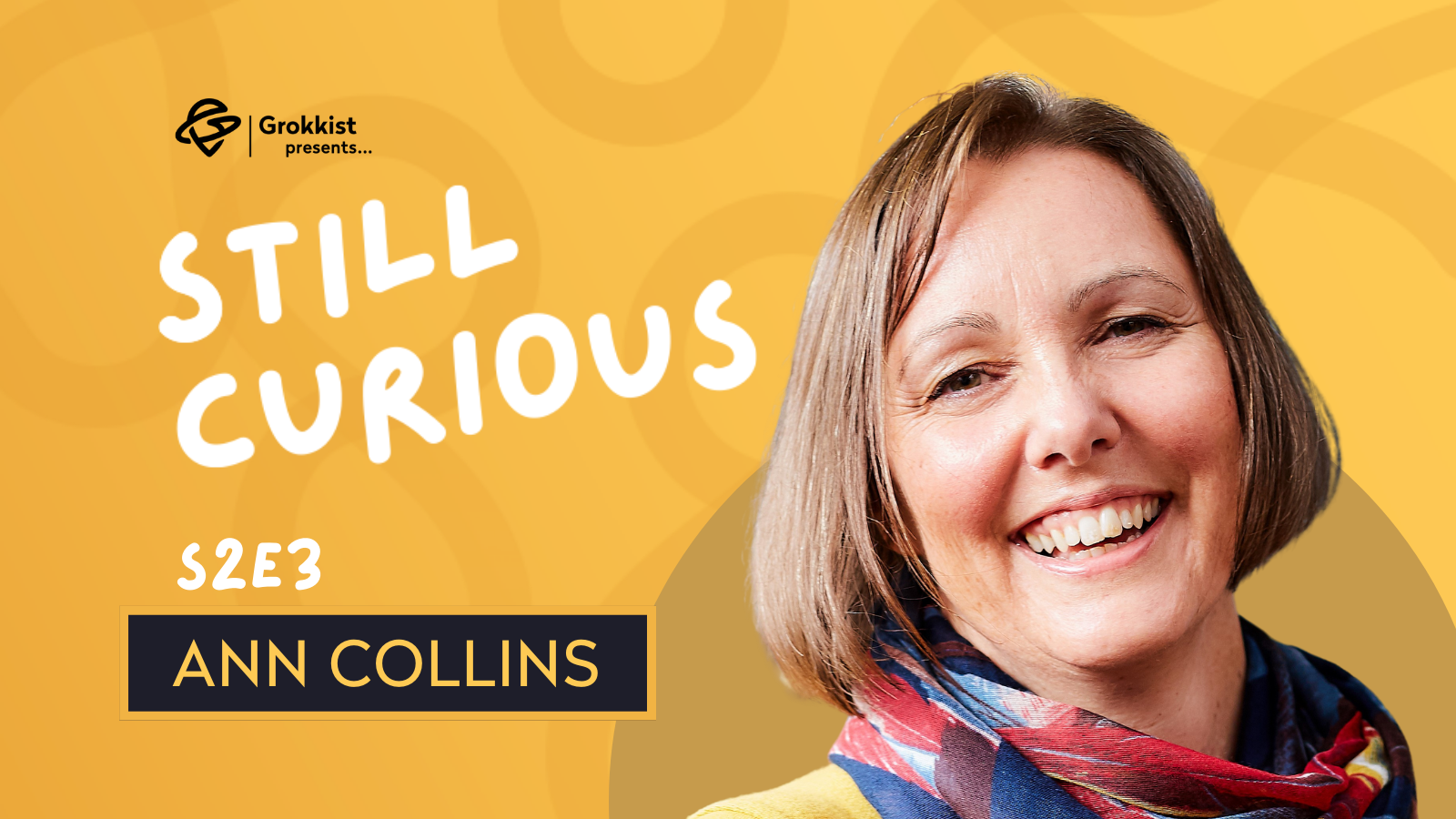
For the kind of person who leads with curiosity, travel offers not just new experiences and fresh input, but also a mirror.
I would say, from a very personal and current experience, I would say living abroad. I have been very privileged throughout my life in Argentina of being well-educated and having the chance to work, to meet people, to research.
But what you learn when you face to a completely different culture, a completely different routine, and in a group of people and ways of saying and doing things, it's a metacognitive process because you get to reflect upon your own beliefs, your own practices.
I guess I've been living here for over a year and I'm still processing all of that. I'm still processing what I used to do and I used to think, I used to believe. Again, this is something that you're asking me today and today I can certainly say that: having the possibility to live in a different country.
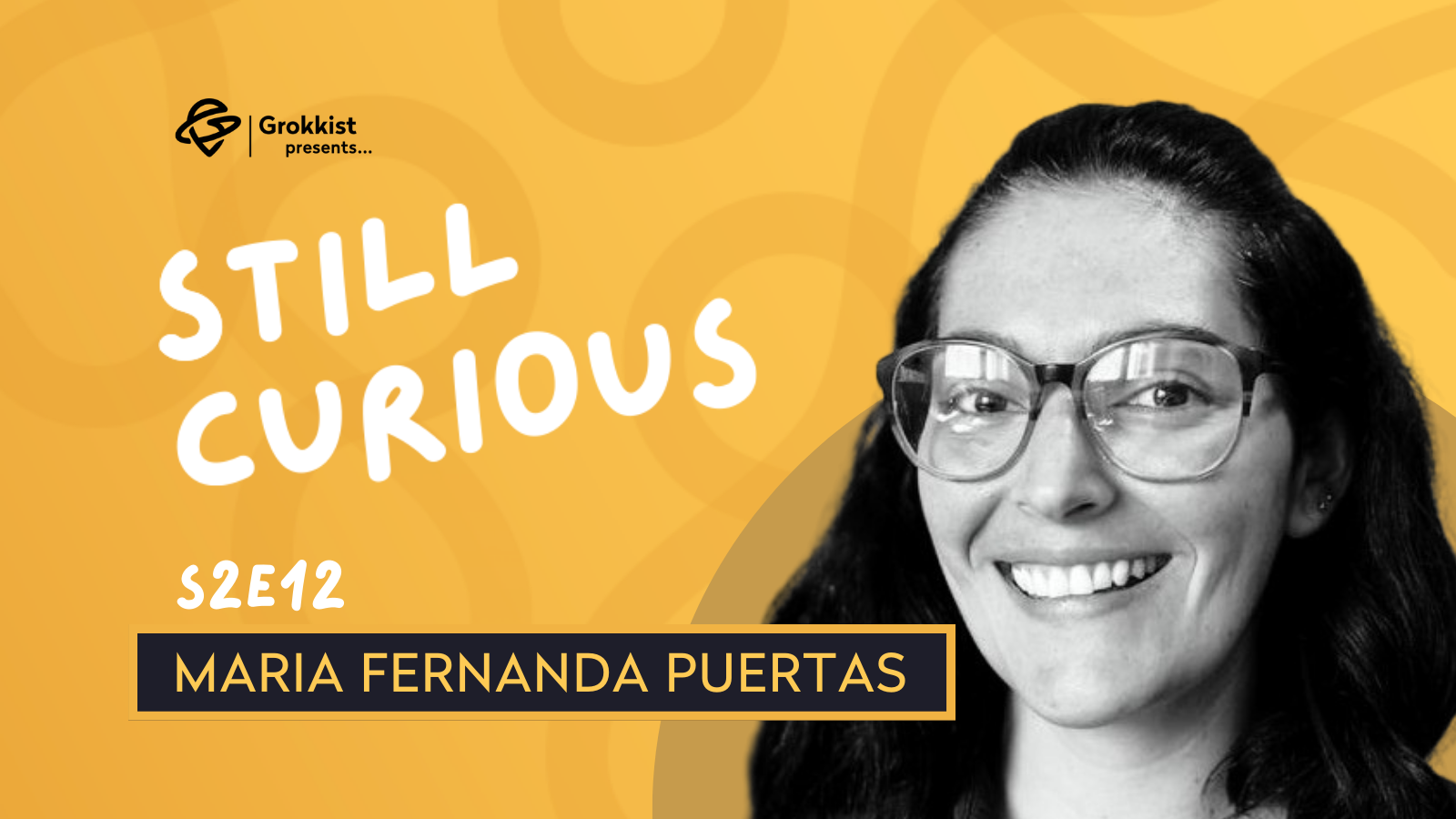
Other times, the life-changing learning of travel is about the richness of experience.
There are some understandings we can only access and process outside the rational consciousness of our usual routine, like when we are in a dream state. In the right spirit, travel can be like stepping into a living dream that changes you when you wake up.
Go to India, get on a plane. I've been fortunate enough to travel some parts of the world and I've lived in a few different countries, but going to India with my now partner who, at that point, was just a friend on a holiday was one of the strongest life-changing experiences.
More than anything else, the beautiful thing about that country is that it is all things all at once. There are the most wonderful moments of joy and happiness and color and fluidity of experience, which live literally right next to and on top of the deepest, darkest parts of the human experience. You can either stand at the top of a mountain or be in the gutter all on the same moment.
I think culturally, it's so vast and so different and so diverse and there's so much history there. Ah, it's just the most incredible place.
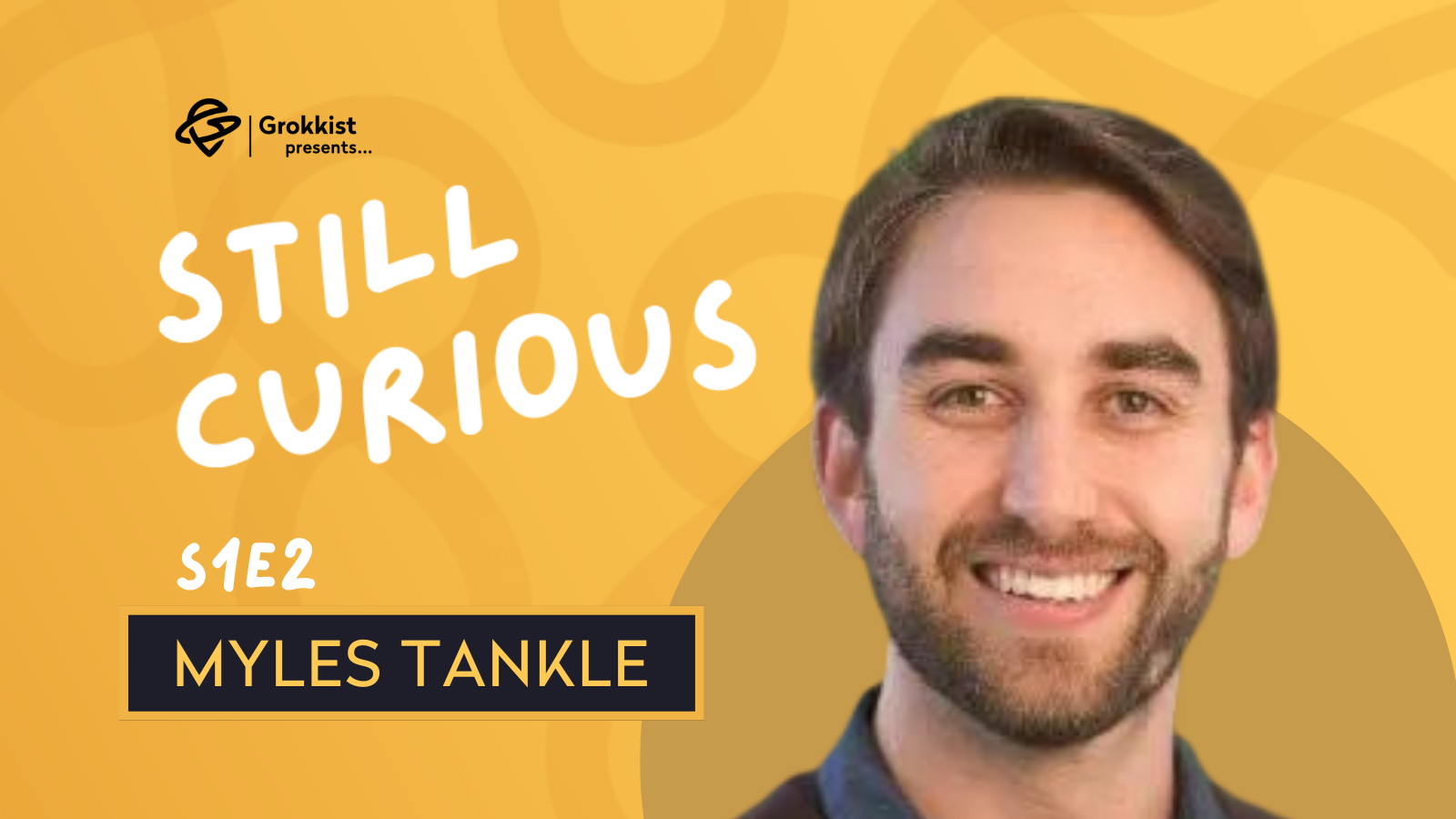
And then other times still, it might not be even about where you go and what you do, so much as the act of leaving itself.
I know it's not possible with everyone's resources, but going to a different country is guaranteed to transform anybody. It's not so much about the country. It's about leaving home, really leaving home. Not next door to the town next to you, but to put yourself in a completely foreign environment for an extended period of time.
That one will stretch you in ways that you couldn't possibly experience in a familiar setting and transform you and show you what you're capable of, that you can do much more than you would think you could do. It will show you your limitations too. Humbling and empowering together – those two together naturally will transform a person.
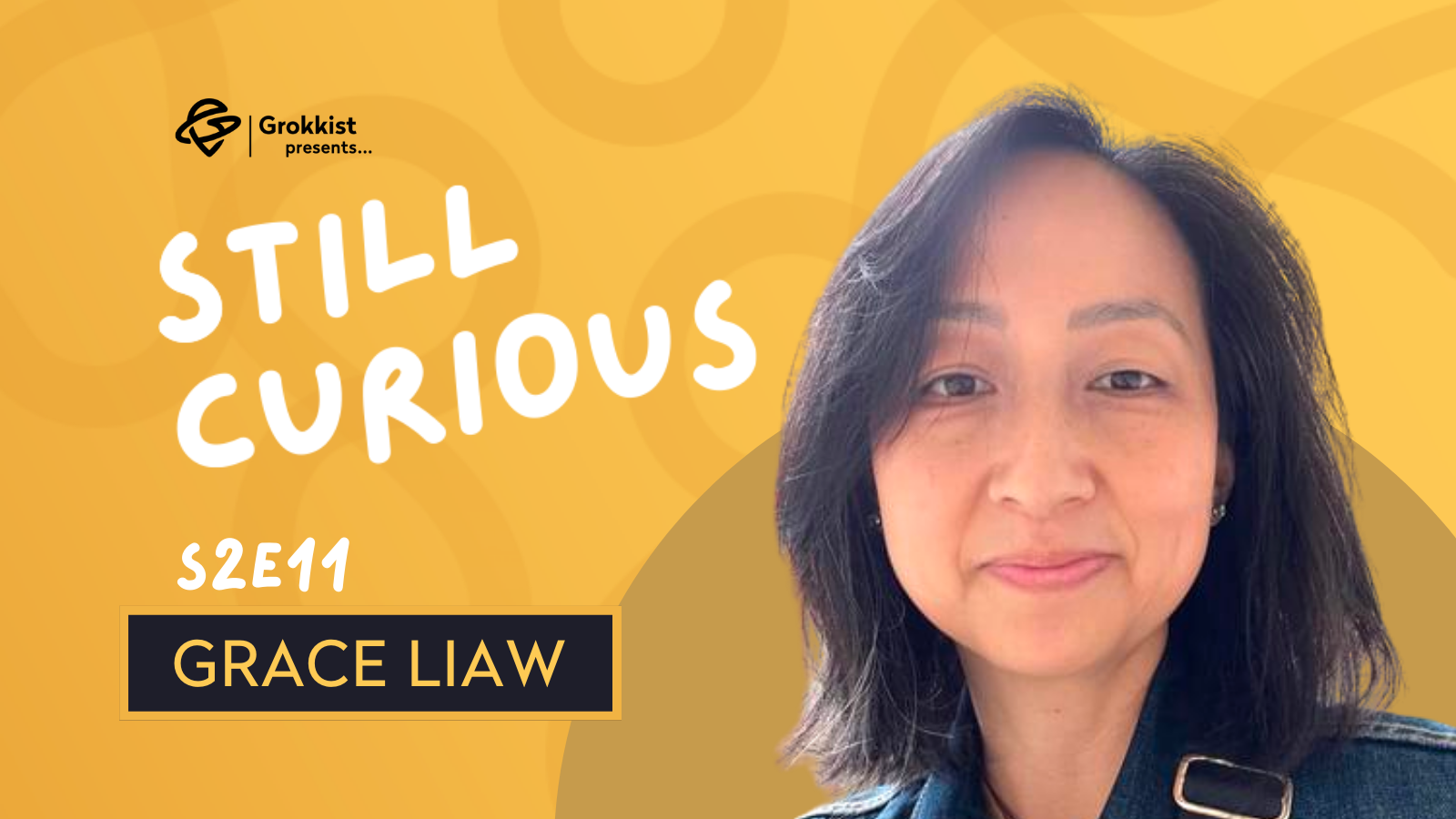
As well as the feeling of being stretched, tested and reformed, there is also a sensual freedom that comes from temporarily stepping outside yourself and the everyday burdens of attachments and identities that we all lug around with us.
From the sort of limbo that travel offers, we are free to examine the many parts of our lives that we live unreflectively, and, when we step back into our usual lives, we can consciously choose which attachments and identities we want to bring back with us, and experience the power of that choosing.
I really like this question. I think it would be a life lived abroad, at least for a year and a minimum a year's time. It just forces you to step out of your own world, your own worldviews, the way that you interpret the world. It just challenges your own ideas of what's right, what's wrong, you know?
A lot of the world's troubles that we have right now would be solved if we just had like these programs set up where, in a perfect world, everyone could experience another culture at least once within their life, not just via the internet or even a conversation on the internet, but literally stepping into a different world, breathing in the air of a different region of the world and all of what that represents. I think it'd be a lot easier for people to find a common ground.
I'm speaking of my own experiences of living abroad and now my ability to look at my own culture and elements that I like and elements that I don't like, and challenging some of those thoughts, some of those ideas and finding bits and pieces of another culture that I find really appealing and great, and some things that I don't, but at least having these ideas that the world is so unique, it is so distinct, that just slipping into one mindset or one worldview, it's a dangerous thing.
And if you can give that opportunity to somebody to understand that there's so much more out there... that's powerful.
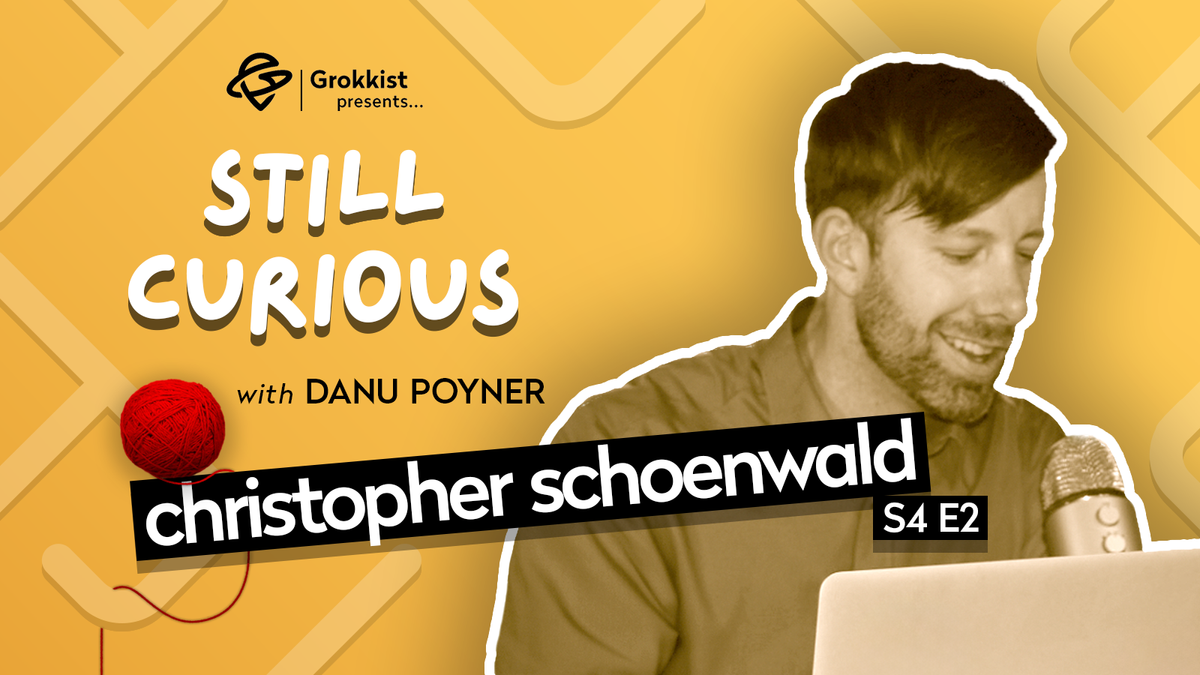
So the embodied nature of travel makes it pretty much a sure-fire way for anyone leading with curiosity to broaden their perspective, whether as a living dream, a test, a mirror, or a sum of all of the above that’s greater than its parts.
But what about other life-changing pathways to empathy and expanding one’s perspective?
When I was little, I used to imagine an empathy helmet that you could wear to instantly access the full sensory experience of someone else’s perspective – a way to mainline empathy. I was reminded of that when listening to Lara’s life-changing learning gift:
I think it would be a gift to everyone, or to the people that don't experience this already themselves – the opportunity to find yourself in a situation where you truly are in somebody else's shoes. Really properly having an insight into a different perspective, a different viewpoint. Properly engaging in that.
Because I think we talk at each other a lot and we listen to opinions, but we don't really absorb them. But to really understand, to walk a mile, or a kilometer, in another person's shoes and really truly understand all of the challenges, the barriers, the issues that they face.
If it's a gift to everyone, it might be the person that's most opposite to them. Having that opportunity to experience that other worldview, I think would just be really eye-opening for a lot of people.
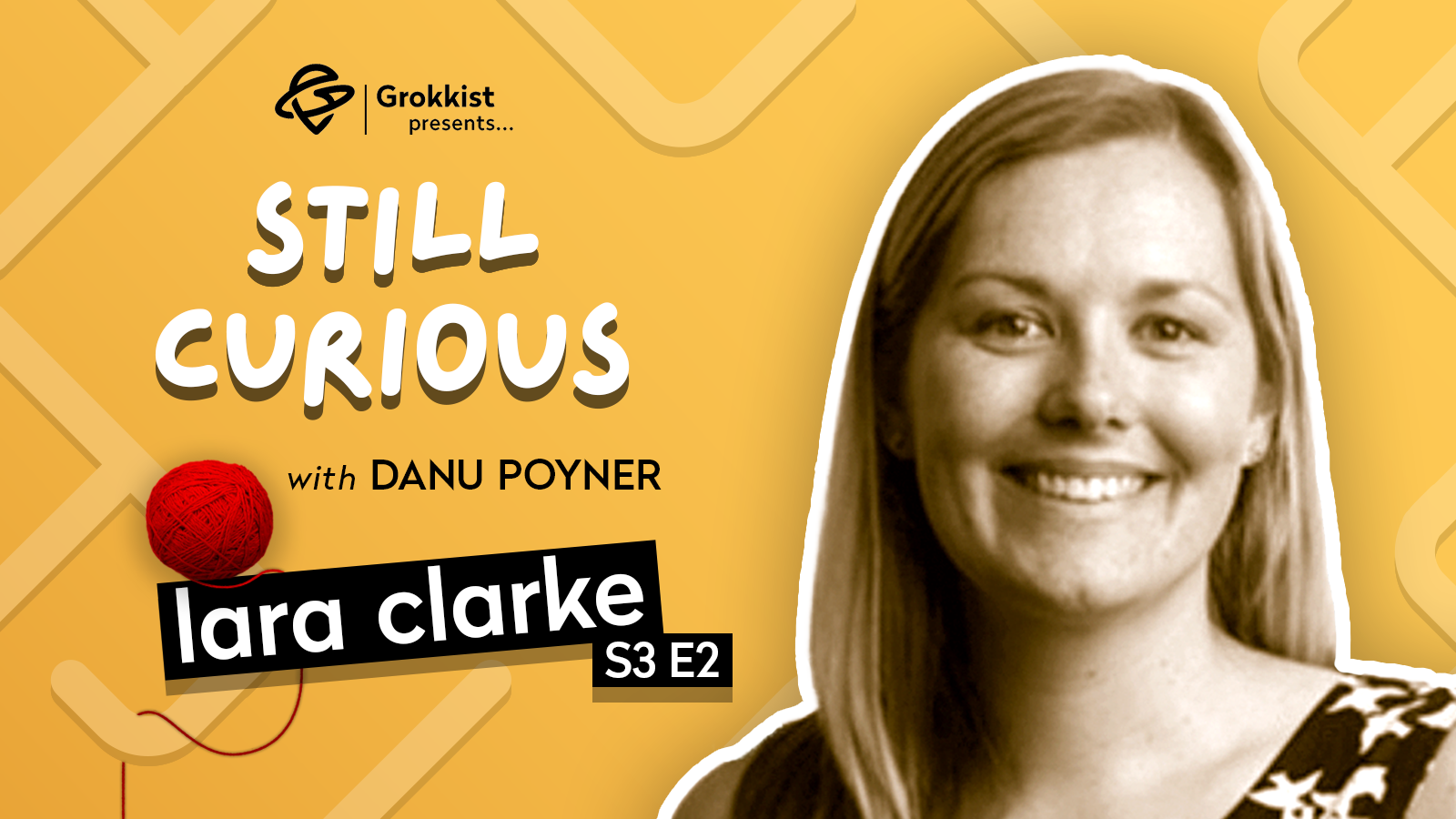
And what if we could expand our empathy and broaden our perspective even further, into the non-human world?
I would invite them to listen with me. I would invite them to allow the plants to be their teachers. That's what I've done and it has changed my life, every aspect of it, even the way I express myself. My teacher, Matthew Wood, he wrote a book, Seven Herbs, and the subtitle is Plants as Teachers. And that's what I've experienced.
So if anybody could have an educational experience, it would be to have a plant as a teacher. To sit with it and be able to commune with it and receive it and hear it in a way where it is teaching you something about yourself or your way of being, or the world or itself. It takes us outside of what we know, which is a good place to be.
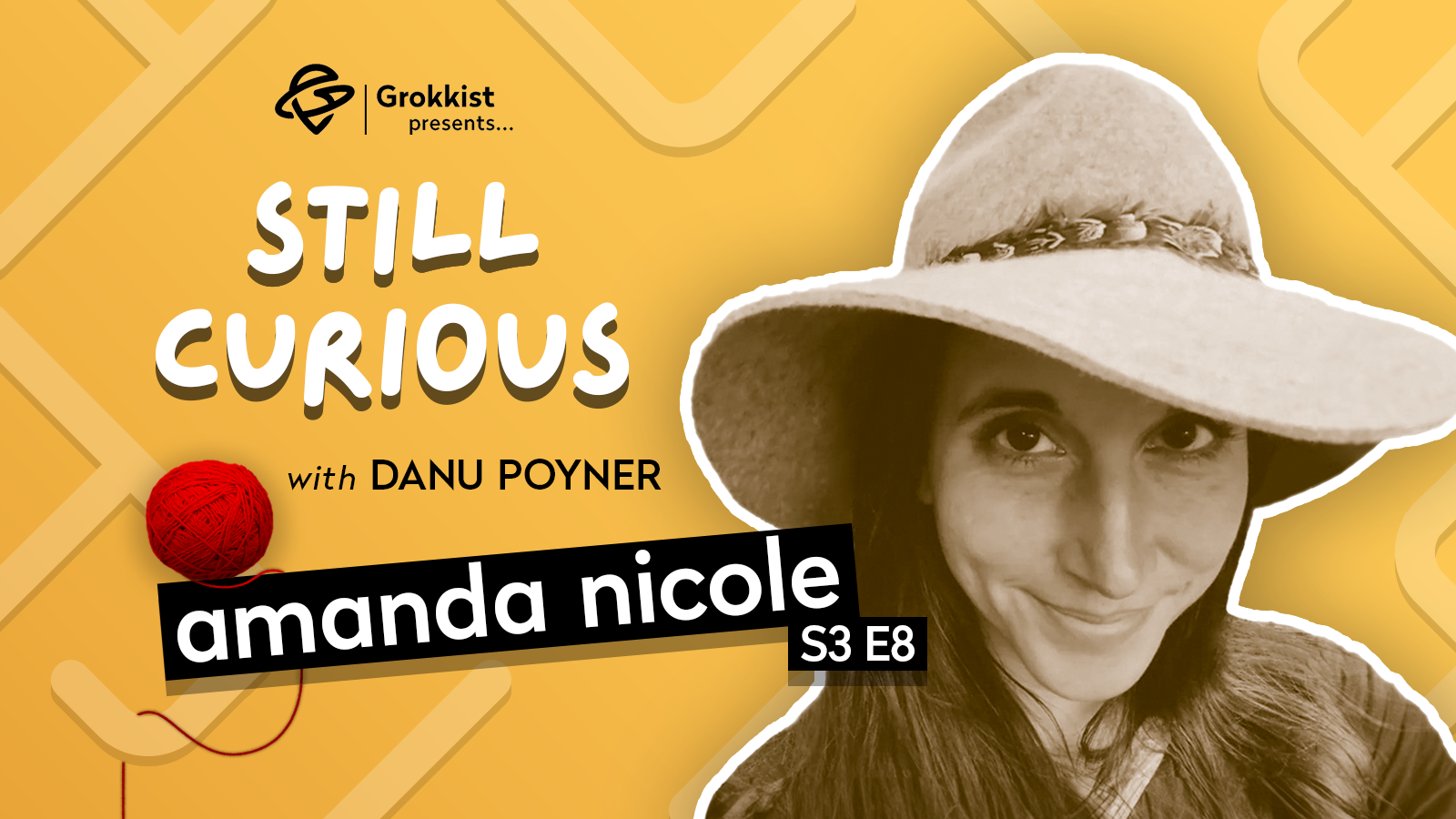
How far can we go with the life-changing learning of broadening our perspective? I will give the last word on this bucket to Bob, an estate planner whose life-changing learning gift is one of most profound you’ll hear.
I would want somebody to have a near-death experience and the reason I would want them to have that and come out of it ('cause I don't want them to die) is because the people who I've met who have had near-death experiences see the world in a very unique and enlightened way that the rest of us, who don't understand what death really is, can feel.
They just enjoy every moment a little bit more. They appreciate things a little bit more. And the minutiae of the day bothers them a little bit less. If you are diagnosed with cancer and you realise that you may not make it, and then you do make it, you become a little bit different person. You have an experience that says, wow, I dodged a bullet on that one.
If I could somehow magically implant that feeling of seeing the world a little bit better without the near-death experience, that's what I'd want to do.
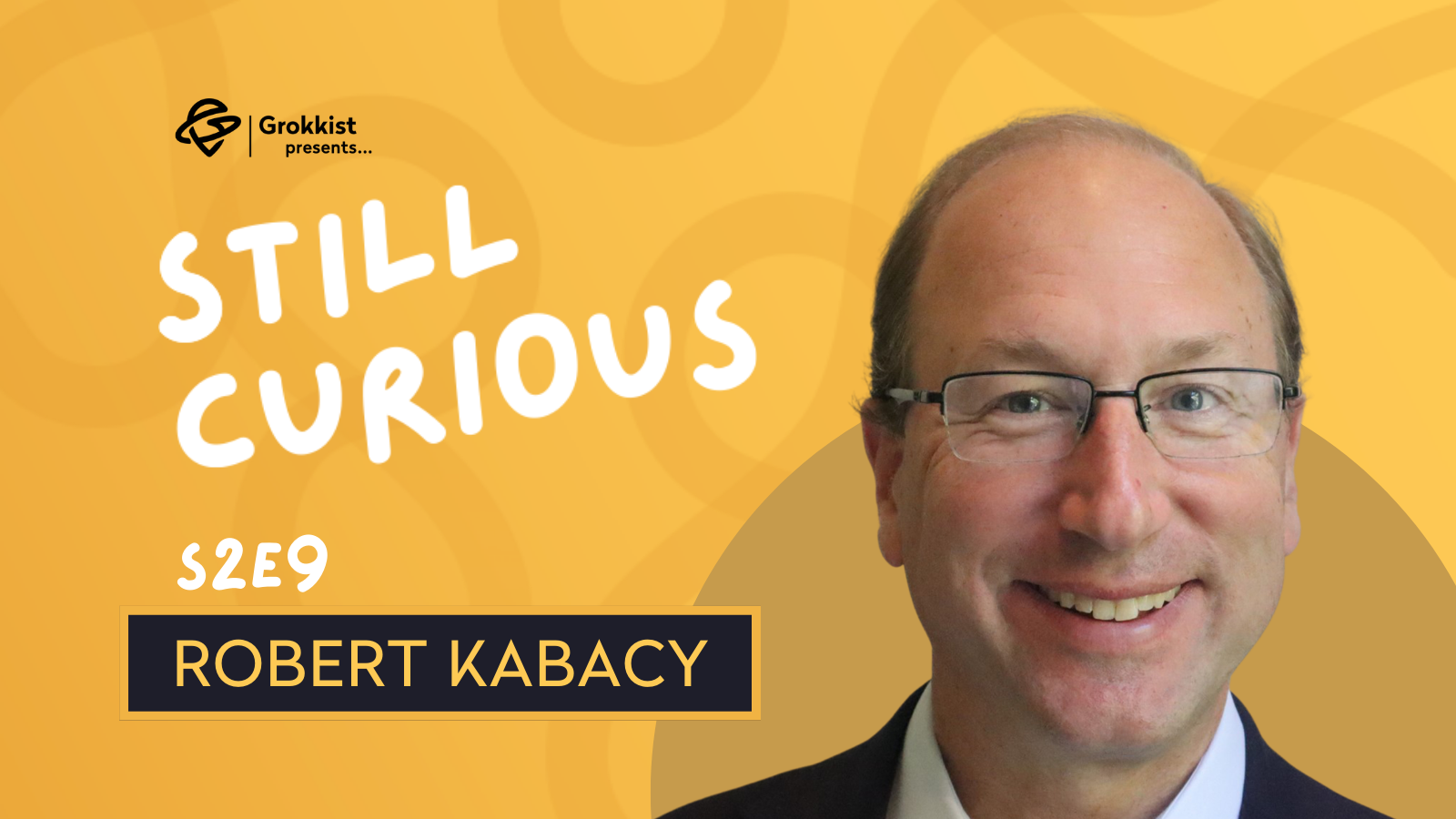
Wow.
Reflecting on all we’ve heard so far about life-changing learning gifts that broaden our perspective, we can already see that when it comes to the learning experiences that people think of as truly life-changing, we are a long way from the classroom and the world of institutionalised education.
And that’s just our first bucket.
Life-changing learning gifts about mindset, belief, and finding our authentic self
Our second bucket of life-changing learning experiences is about mindset, belief, and finding our authentic self.
And if our first bucket was all about a broadening of perspective, the first example from our second bucket is all about keeping things in perspective.
I think the fact that for librarians, the work we do is very important, but also knowing that no one's going to die. I think that for me was very useful to know, being able to step out and have that perspective.
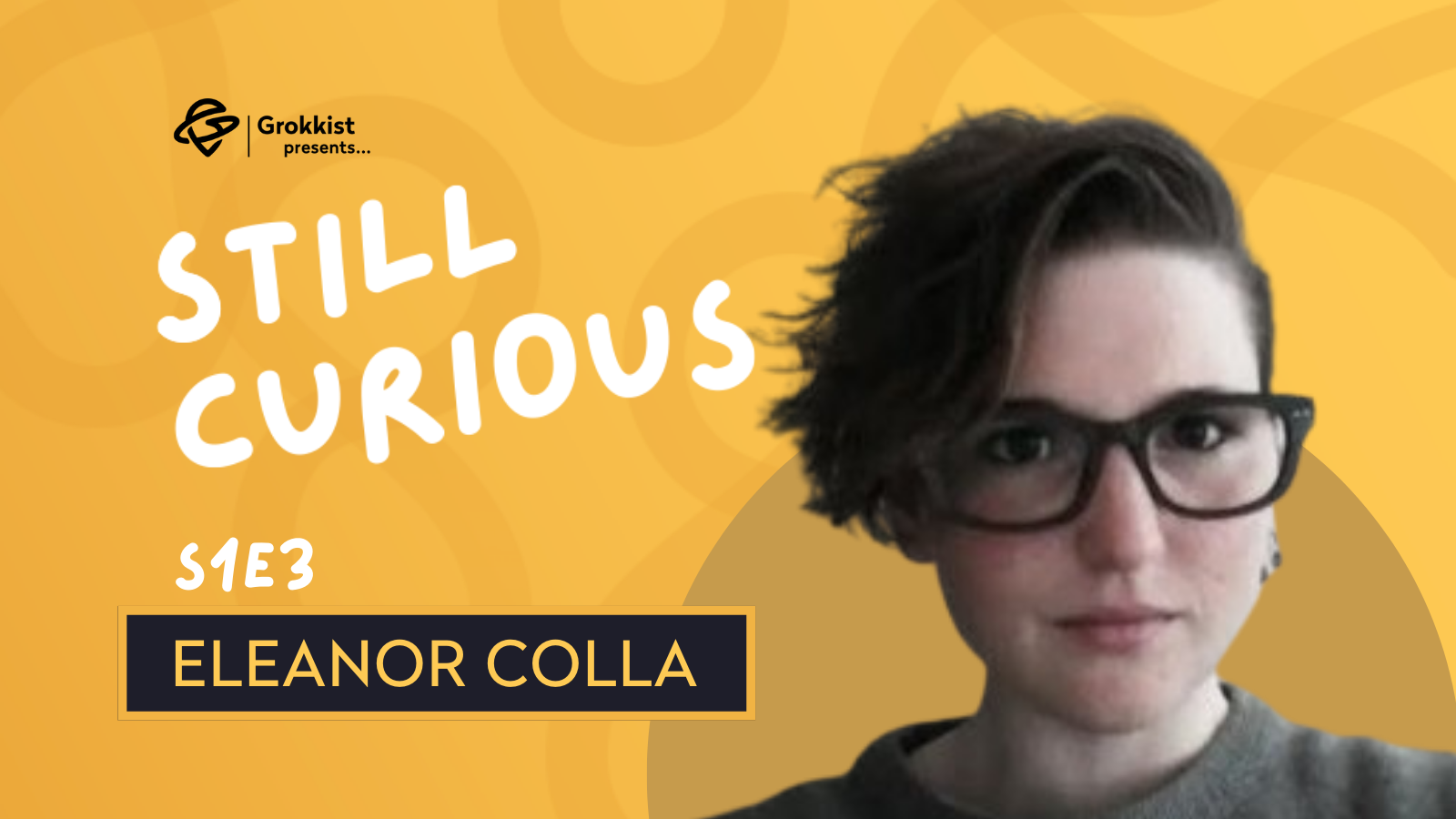
For others, a life-changing gift is learning not to worry what others think of you.
I would encourage people to let go of things, not to worry about the past or assumptions about others.
When I grew up, there were expectations, pressure from the family members, society, the whole environment. But that's not actually their problem. I live my own life. So why do they put my behaviour or whatever onto themselves? They don't need to worry about it. You just need to let it go.
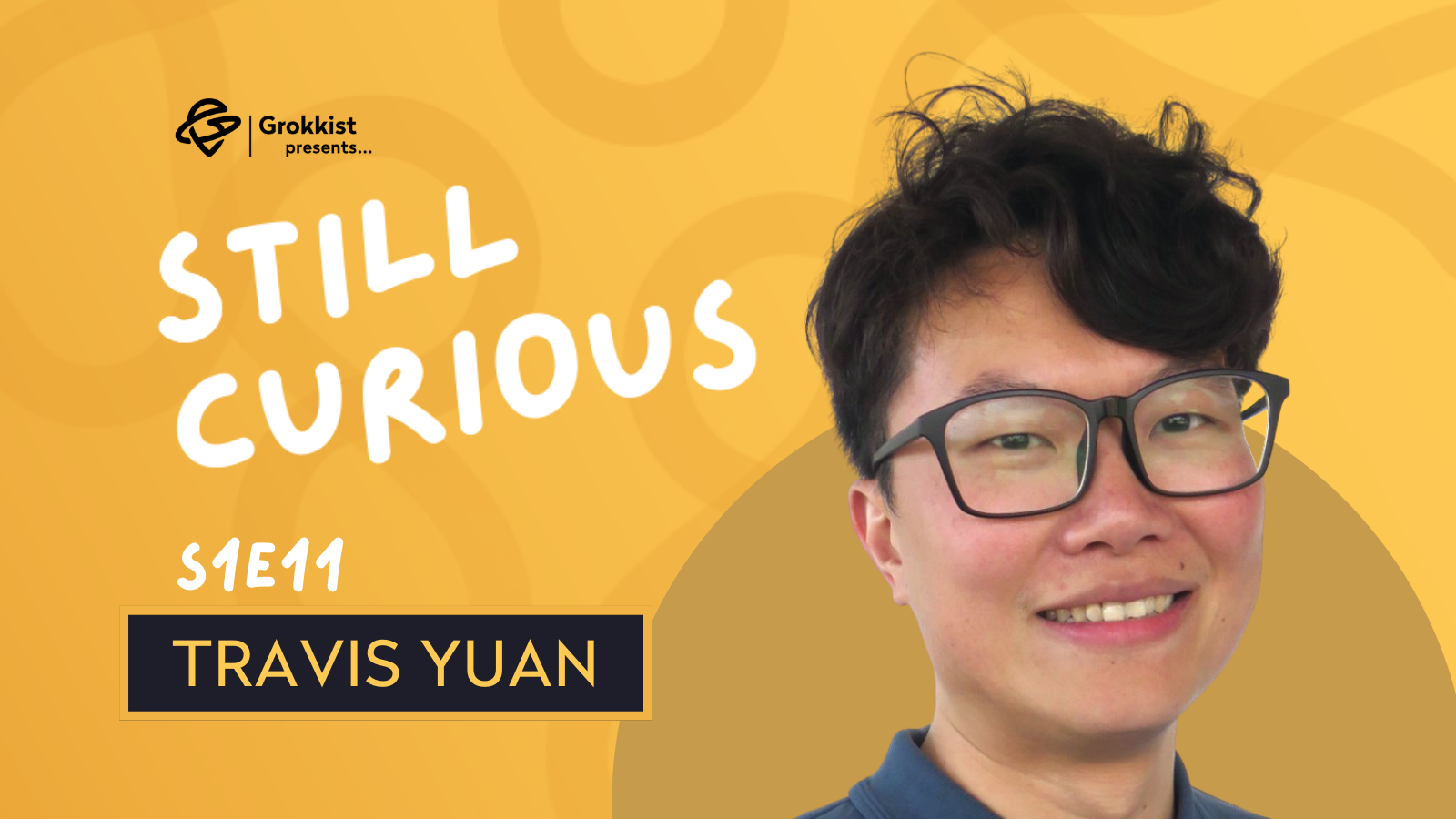
Changes in mindset can be so powerful that when we experience them, we see others who might be stuck and wish we could gift to them the same transformational insight we had, or whatever version of it would unlock something equivalent in them.
There's a member of my family that hasn't adopted the same growth mindset that I have. I see the potential of them having that and feel that it would be such an amazing experience that ultimately they're, I think, afraid to have.
I'm not sure what the experience is – I've done some out there stuff with bodywork and Reiki and some of these spiritual things. What would work for any given person to shift a mindset like that I think is a very personal thing. I don't think I have a way of predicting what that would be for this person, but the end result is what I would give them. And I wish I knew how to get them there.
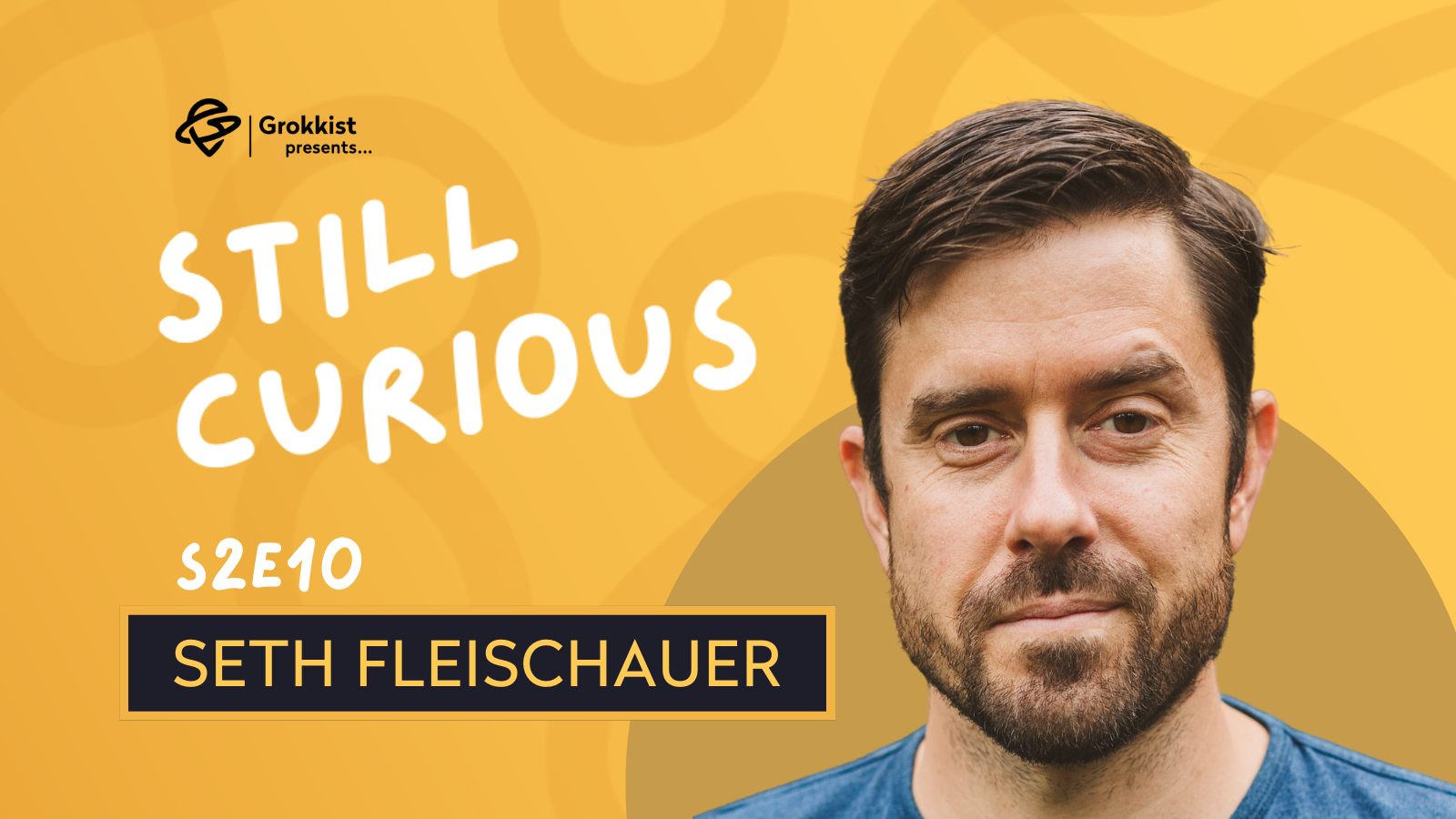
For others, a life-changing gift may not be a particular mindset, but rather learning to have deep self-knowledge, to really understand our own motivations and the beliefs that drive our actions.
I think the best way to learn about yourself is to take regular moments where you just write out all your thoughts. We can start with your beliefs, your beliefs about yourself, your beliefs about your relationship to work, relationship to money, your relationship to your family, everything. And then underneath each one, ask, why? Why do you have this belief? Why do you think this? Why do you think that?
When people journal, most people talk about the whats of life. Like, what did I do today? What did I experience, what did I accomplish? But the far more powerful thing to this journal about is the why. Why did you accomplish that? Why did you want to accomplish that? Journaling about the whys will reveal more about yourself than any what ever can.
If people did this regularly, there would be just enormous change in the world. If people understood their motivations and understood their intentions, and took a closer look at why they believe the things they believe, knowing that so much of it has been instilled by conditioning and norms... I don't know what the world would look like, but think it would look a lot different than what it looks like now a more positive direction.
If I had the opportunity to gift someone that, I would just say, 'hey, yeah, for the next few days, what if you just dropped everything and did that and you actually just really took your time with that, because I think that it could very much change your life.'

Finding the shape of your authentic self in a commodified world can feel a lot like sculpture.
You start with a non-descript slab of marble, heavy with expectations and social conditioning, and you gradually chip and chisel away to reveal the shape of something beautiful beneath. And you do that by examining inch by inch, as you go, the materials that's been given to you. What lumpy parts do you have that you don’t need, and what parts are essential to the shape you’re slowly defining?
That sculpting is happening at the intersection of self and society, and it’s important both to find where your edges are, but also to remember that your sculpture of self is made of firm stuff, even if sometimes it feels like jelly.
I think it would come back to that self-talk, because I see so much potential dampened down by lack of belief and lack of willingness to find out where your edges are.
I believe in living at the edge – if you're not living at the edge you're taking up too much space. And I think, if I can continue living at the edge, if I can continue pushing myself and nudging others (I've got to probably pull back a bit on nudging others and just take responsibility for myself) then I've got the possibility of living a very full life, scooting into the grave fully used up. I don't want to go out when I've still got some fuel in the tank. I want to use it all up.
So, a life-changing experience I could give to someone is to be aware of the limitations you putting on yourself. Be aware of the words that you're saying to yourself and speak to yourself as if you were speaking to your best friend or your closest, dearest relative. Believe in yourself, test yourself, find out where your edges are.
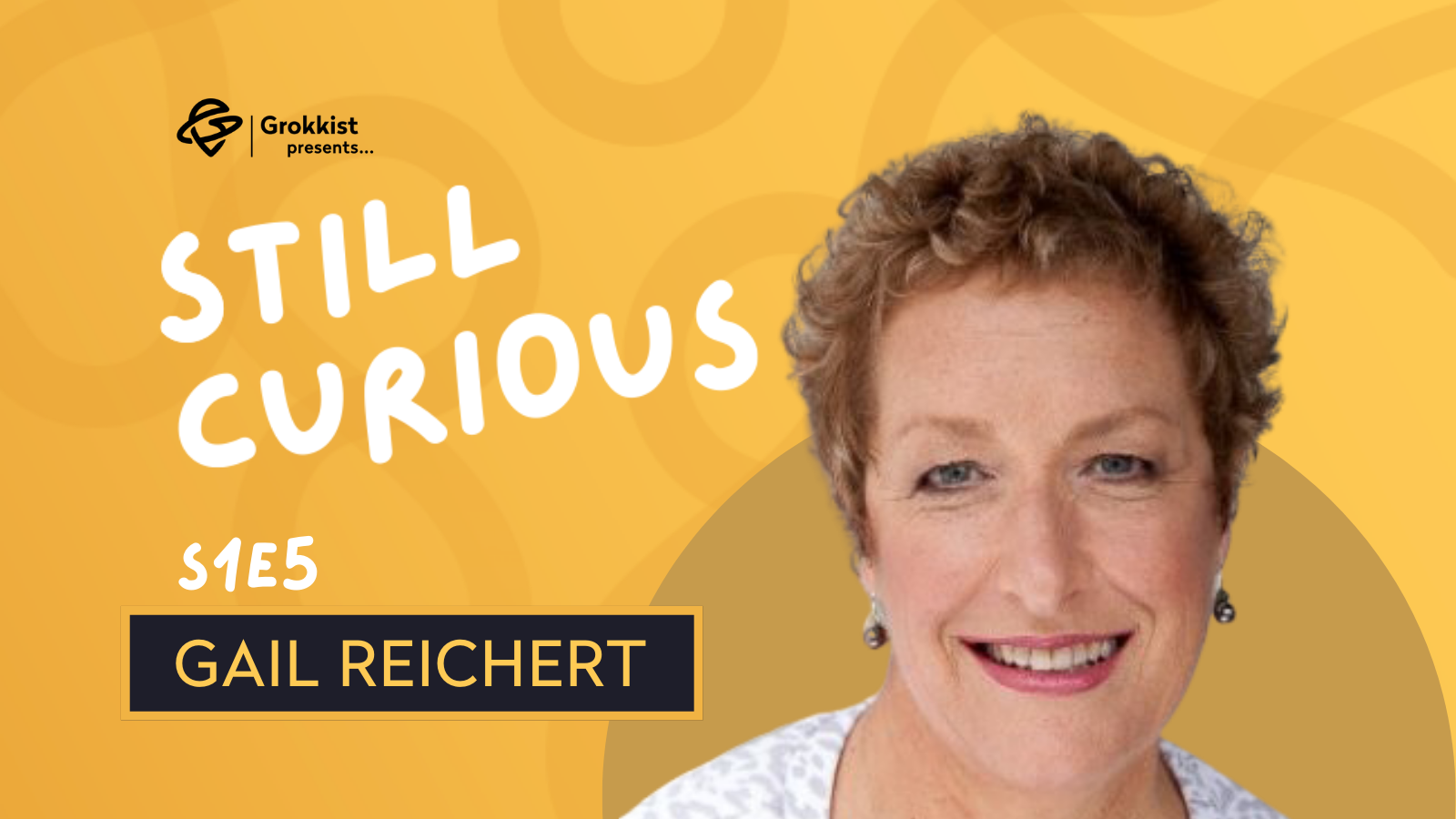
Sculpture of course might be too tidy, intentional, and static as a metaphor for a project of self-understanding.
Sometimes a life-changing experience is learning just to hurl yourself into things and finding out who you are in the process.
If I were to gift something to a young person or an older person, it's just to step right outside your comfort zone.
Do something amazingly different that you've never planned on, that you've never thought of, and you will not regret it. You just learn so much from that experience about yourself and I would gift that to somebody in a heartbeat. Tears and all.
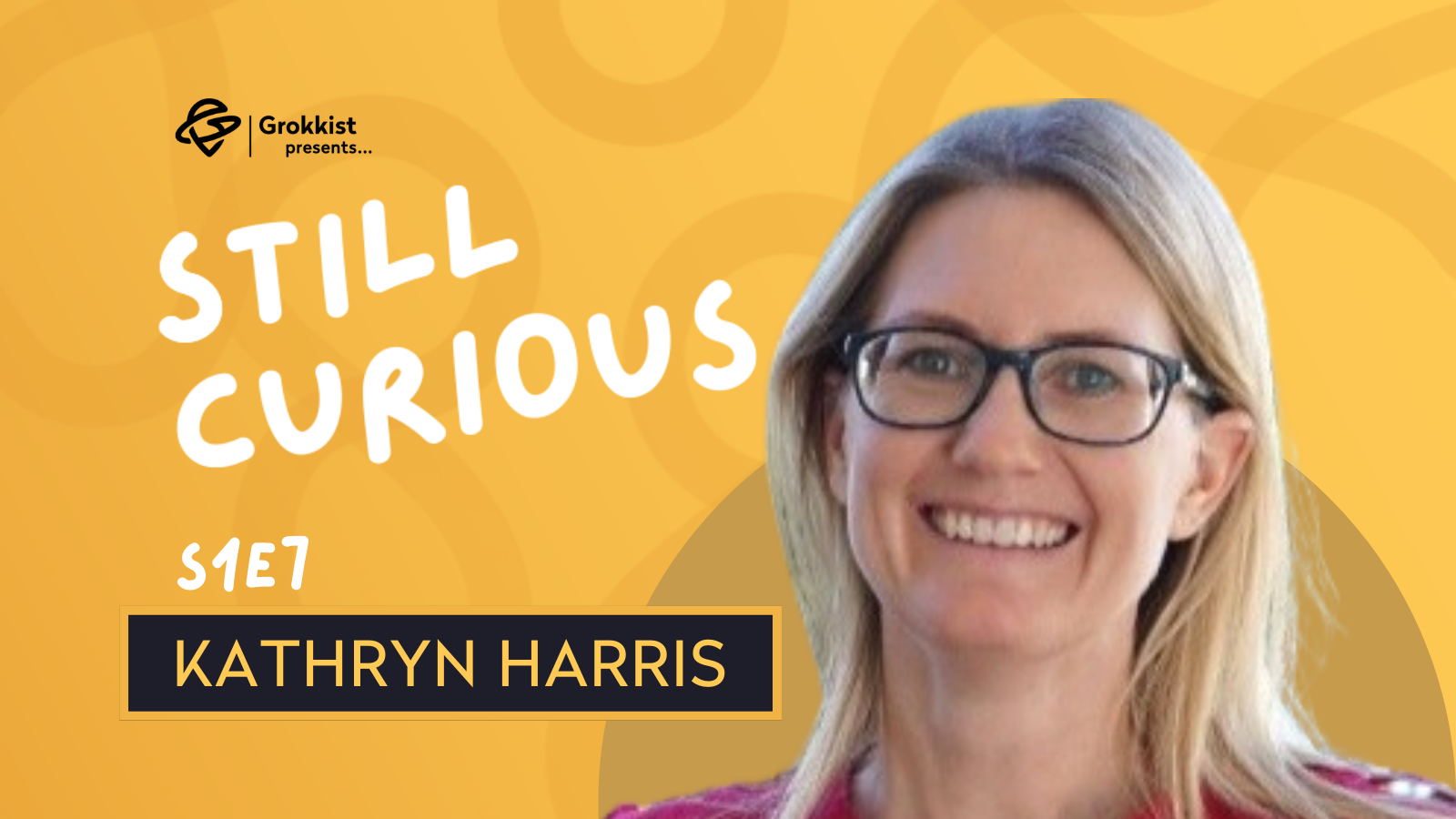
You could call it getting outside your comfort zone, or perhaps a life-changing mindset is learning that your comfort zone might cover a larger area than you realise.
One of the things that I'm really keen on at the moment is getting people to change their jobs. That's something that I have been through recently and I've really enjoyed it. Right through that process of thinking, 'that's too big a job for me, I couldn't do that job, oh my god that's really scary, I don't know what I'm doing, no I think I could do it, I'll do it, I'll put in my application', to actually going through the interview, reflecting on what you've done, what your skills are, and then getting the job and then recognising how much you actually know when you go into another organisation.
Particularly when you've been in a place for so long, you lose sight of how much you've learned, how much you've grown, what you actually know. It's been such a positive experience for me and has taught me so much about myself and made me see myself in a whole new light and I've just been really happy. I would like to hope other people would do that and have a similar experience.
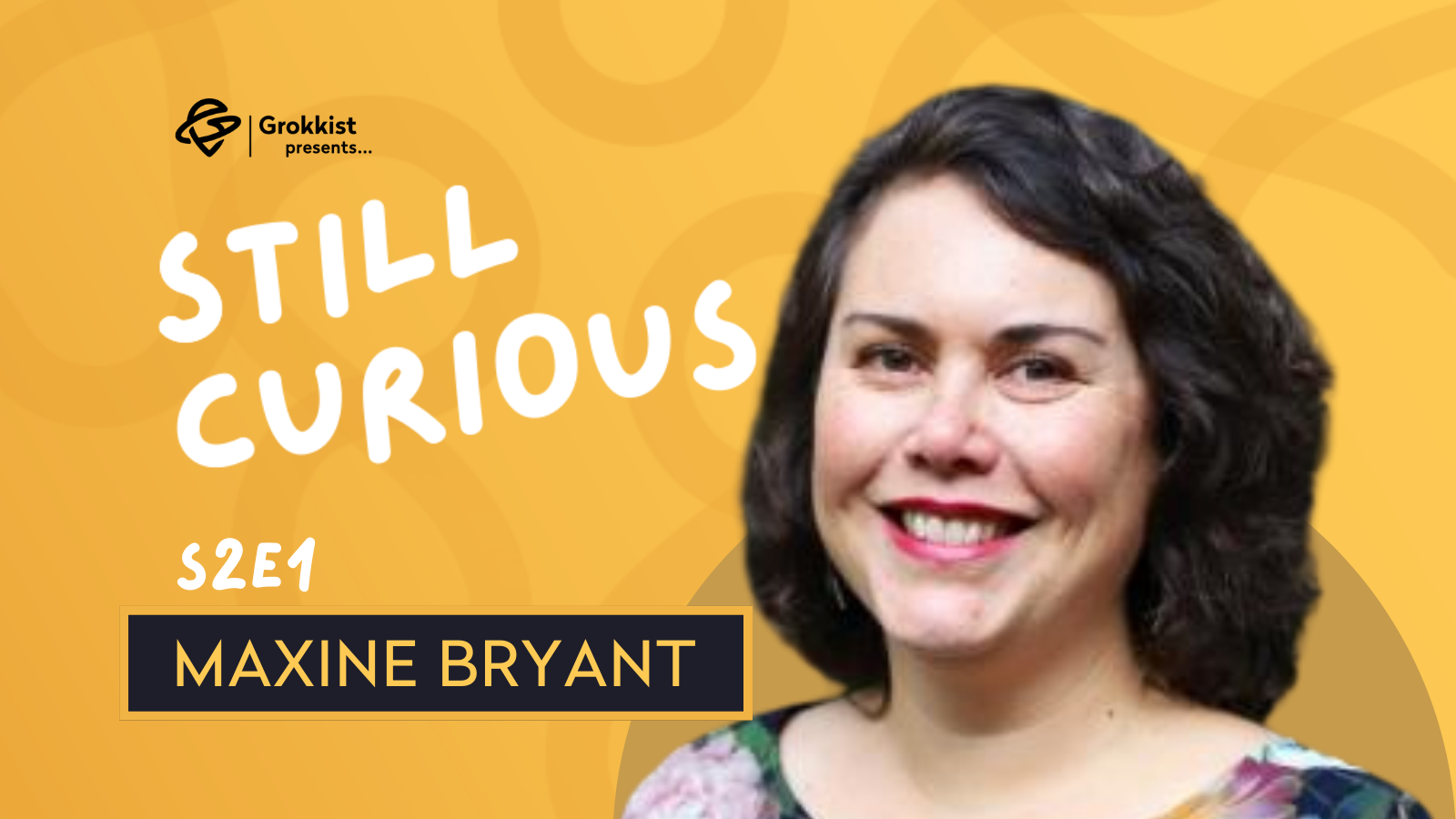
And of course the exhilaration of playing with the edges of what’s comfortable doesn’t have to involve a lot of life upheaval or metaphor. It can be much more direct and physical than that.
Rock-climbing. Definitely. I haven't tried any of the extreme-yet-safe sports like diving in Alaska. But rock climbing is definitely safer, exciting, and can teach you a thing or two.
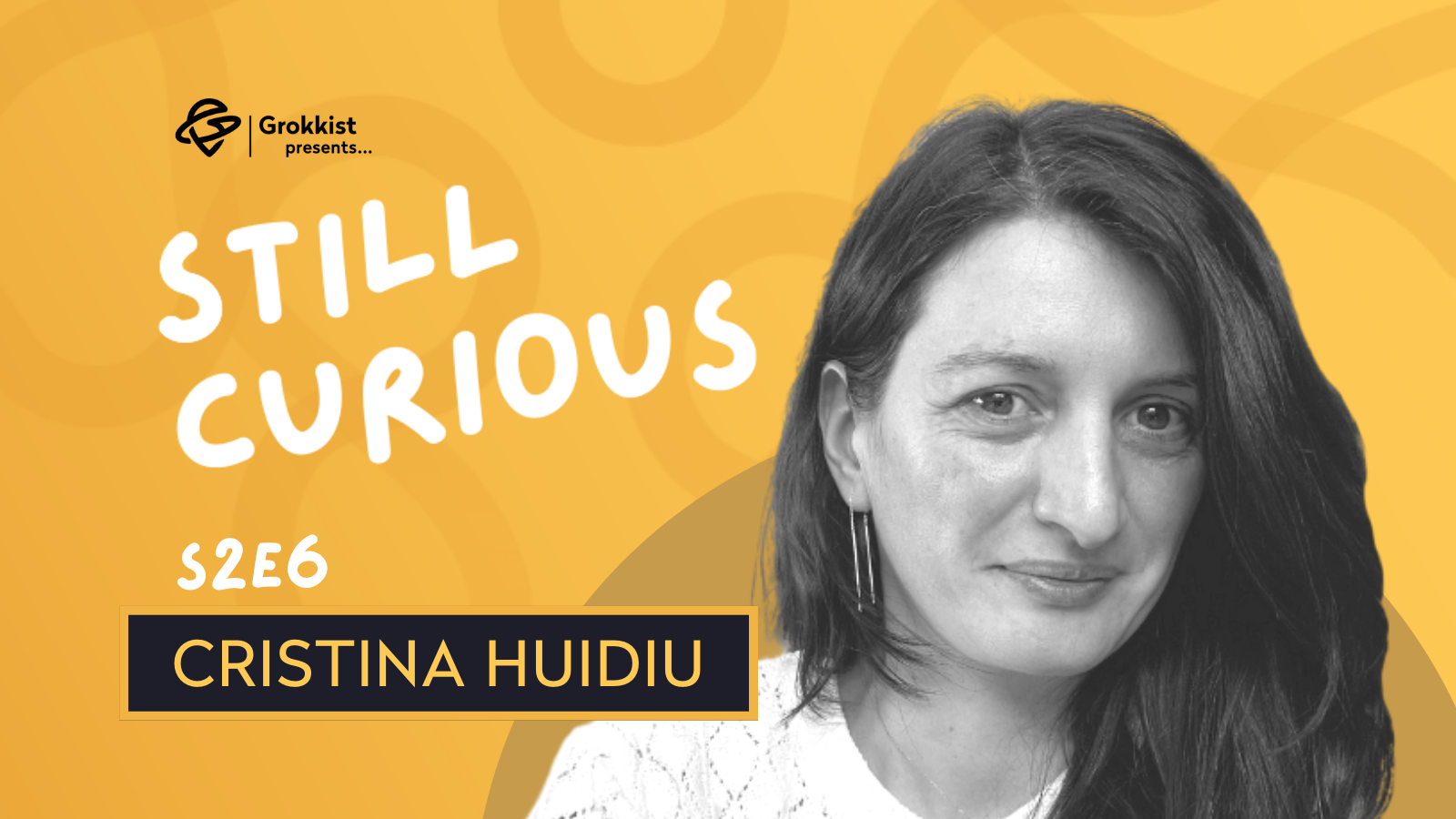
Perhaps the most life-changing mindset of all to learn is also the least surprising – the one that tells you to start with the voice inside and allow everything to unfold from there.
Not being afraid to follow your heart. As cliche as that sounds, I think in a more concrete way, it's directly related to not being afraid of what other people will think of you.
That life lesson for me, hands down, has unlocked a power and my gifts. It's connected me to my authenticity, to not be afraid to be me, and follow what's in my heart.
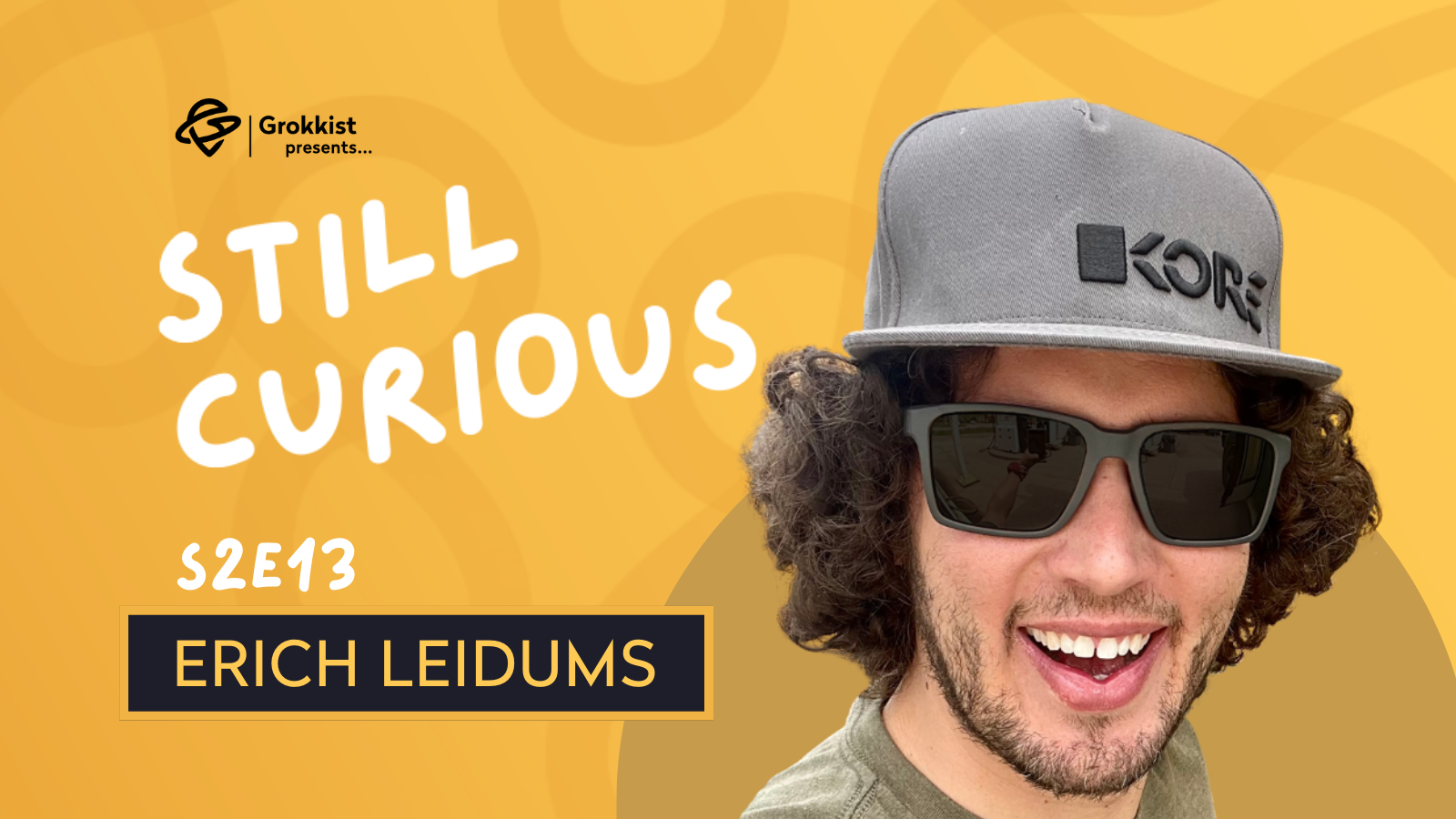
Perhaps this all sounds fanciful or too whimsical or even too self-absorbed for the real world we inhabit.
There’s a special kind of grievance aired by those of us who might be wistful, even resentful, that we’re here keeping things running, being consistent, disciplined and dutiful and holding the mop while everyone else is off chasing their dreams and following their joy.
Is the isolation and detachment we feel simply a reflection of our own unfulfilled or repressed desires, or is there deeper virtue in commitment itself?
I’ll give the last life-changing gift on mindset to Jon, an International Chess Federation master and Nigerian national chess champion.
I'm just going to tell the person they should do what they love because it's only when you do what you love that you are able to commit to it. You are happy about it, you have passion for it, and you don't see it like a job. It's just like a normal part of you.
So it is just like me. I should do everything chess. I'm able to do everything chess because I love it naturally. So just do what you love and you are able to just achieve things you want to achieve in life.
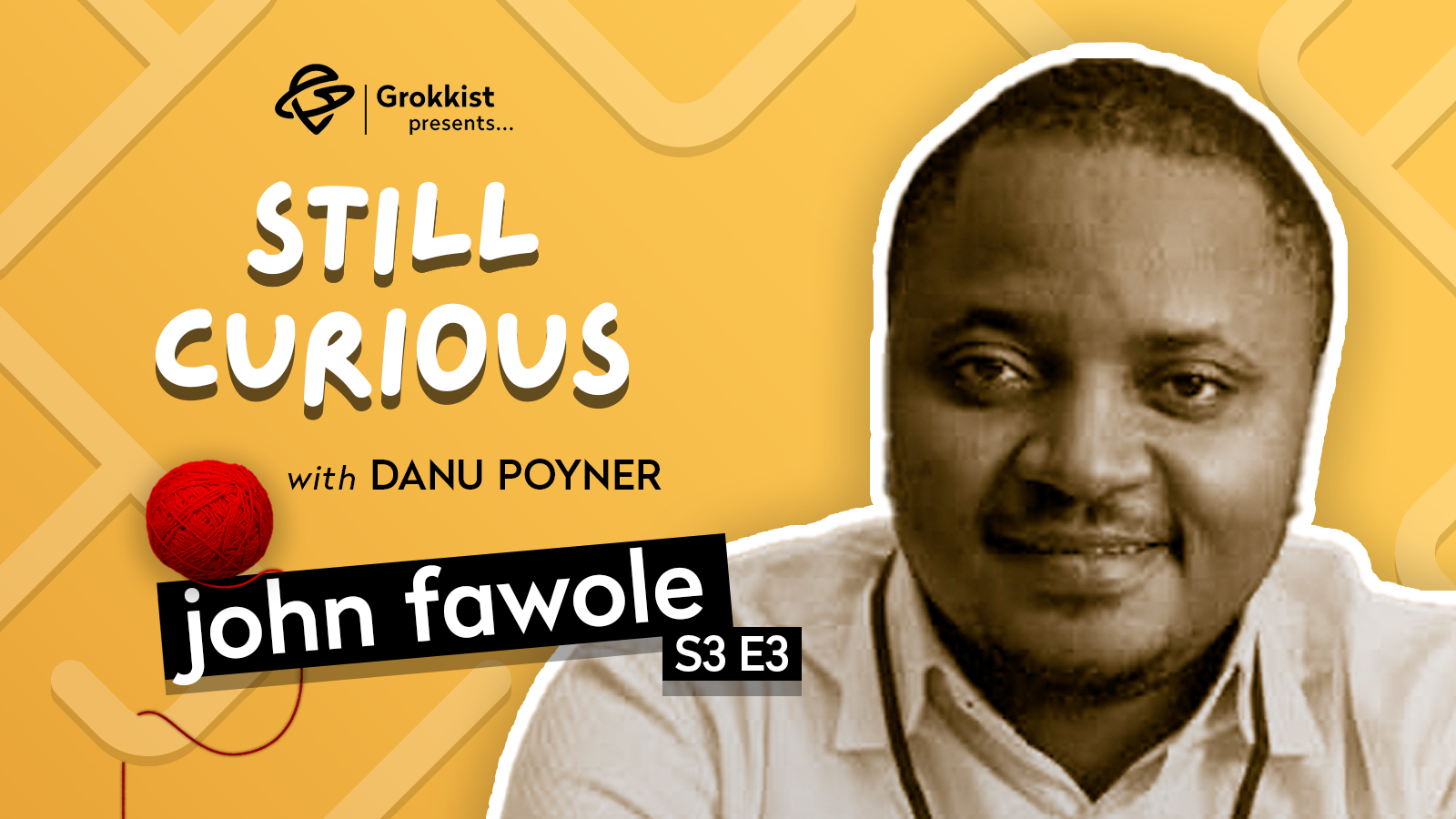
So that’s our second bucket of life-changing learning experiences on finding the self, gifted from a wide variety of lived experience.
Life-changing learning gifts about transcending the self
We’ve already heard a wealth of practical wisdom on broadening our perspective and finding our authentic self. What about life-changing learning experiences that are about transcending the self?
For example, learning to appreciate the true power of the mind-body connection.
I would gift someone the experience of being pregnant, because I'm a great believer in the mind body connection and how they talk to each other.
There's a saying in comedy performance: we have a major and a minor. Same in piano and music. You have a major and a minor. And all the time in our lives, our head plays our major, our head makes our decisions. It says to our body, you will go exercise now. I don't care if you don't like it, you are going. Our body plays our minor and holds all this information that the brain just doesn't listen to.
When you become pregnant, that flips for the first time in your life and your body says things like, you will sleep now. You will do this now. You will eat this now. I've been vegetarian for 20 years. I suddenly had to eat lamb sausages for a week cos my body just said, you will eat lamb sausages. And it was just this incredible journey of seeing how powerful our body is when it is given permission to step forward.
So I would like to gift that to everybody so that you can unlock the potential of your body as a communicator and as a learning bunch of cells.
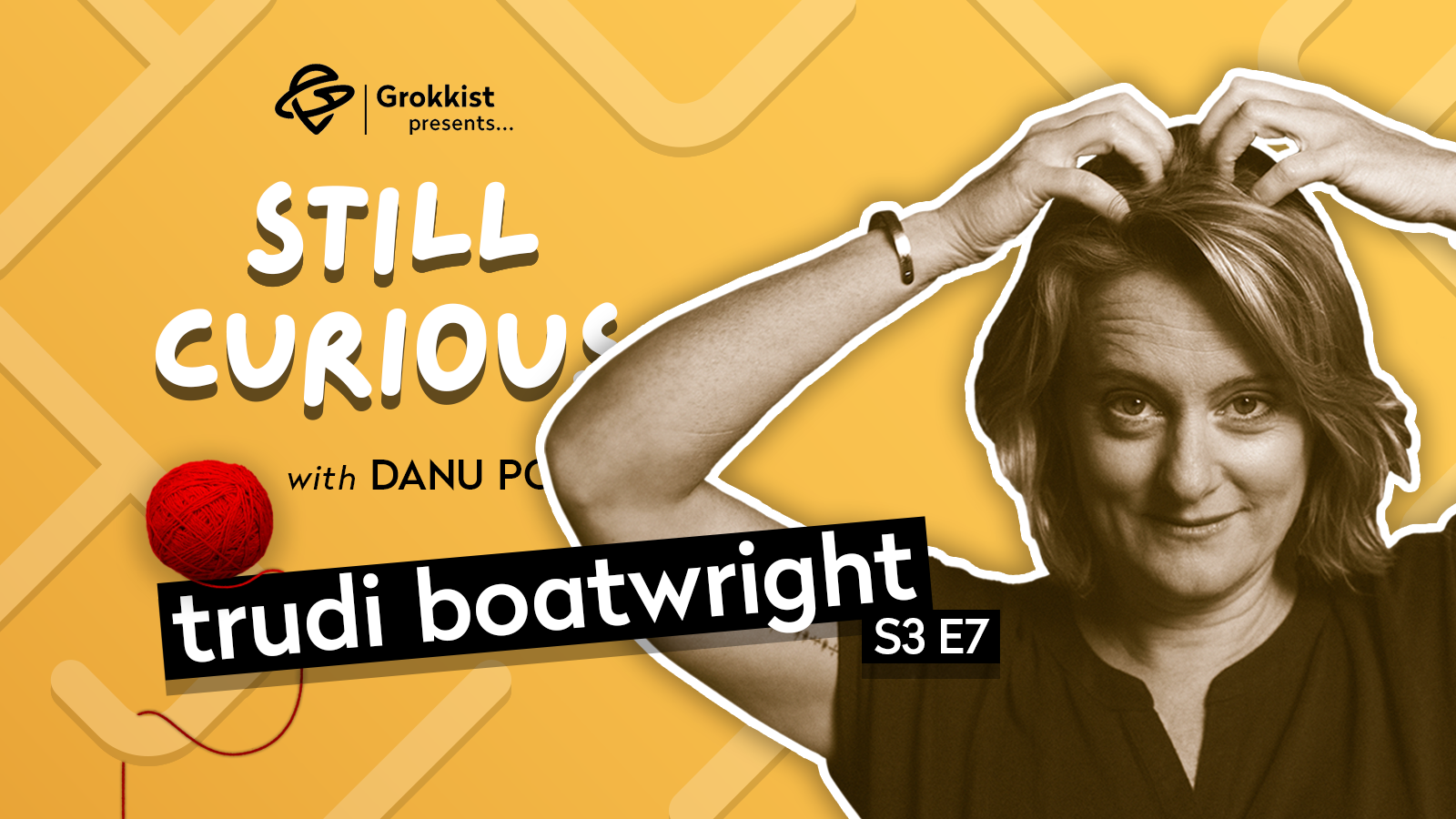
Whether or not you’re in a position to experience the life-changing learning gift of being pregnant, what might it be like to let your body step forward as a communicator?
I'm going to say that I would gift someone a surfing lesson. I have taken many surfing lessons in my life, but I'm never really good at it. I can get up on a board and ride a wave in, but what the surfing lesson teaches you is when you let go, you are gonna ride the wave in. When you're holding on tight and really anxious and fearful, you're gonna crash or you're going to tumble over or all the other things.
It's this ability to just trust in the movement and getting up and balancing and all of those things. And there's also fear. I always have trepidation going into a surfing session. And then you're riding a wave in and you're standing up and you feel like you're on top of the world.
So what does life look like on the other side of that fear and that grip? I have bailed on surf lessons before because I've had too much fear. And then you're sitting on the sidelines. And so there is that gift of, do I wanna be a spectator or do I wanna go in and try?
I think a surf lesson is a really capsuled moment that embraces a lot of big life questions in one experience.
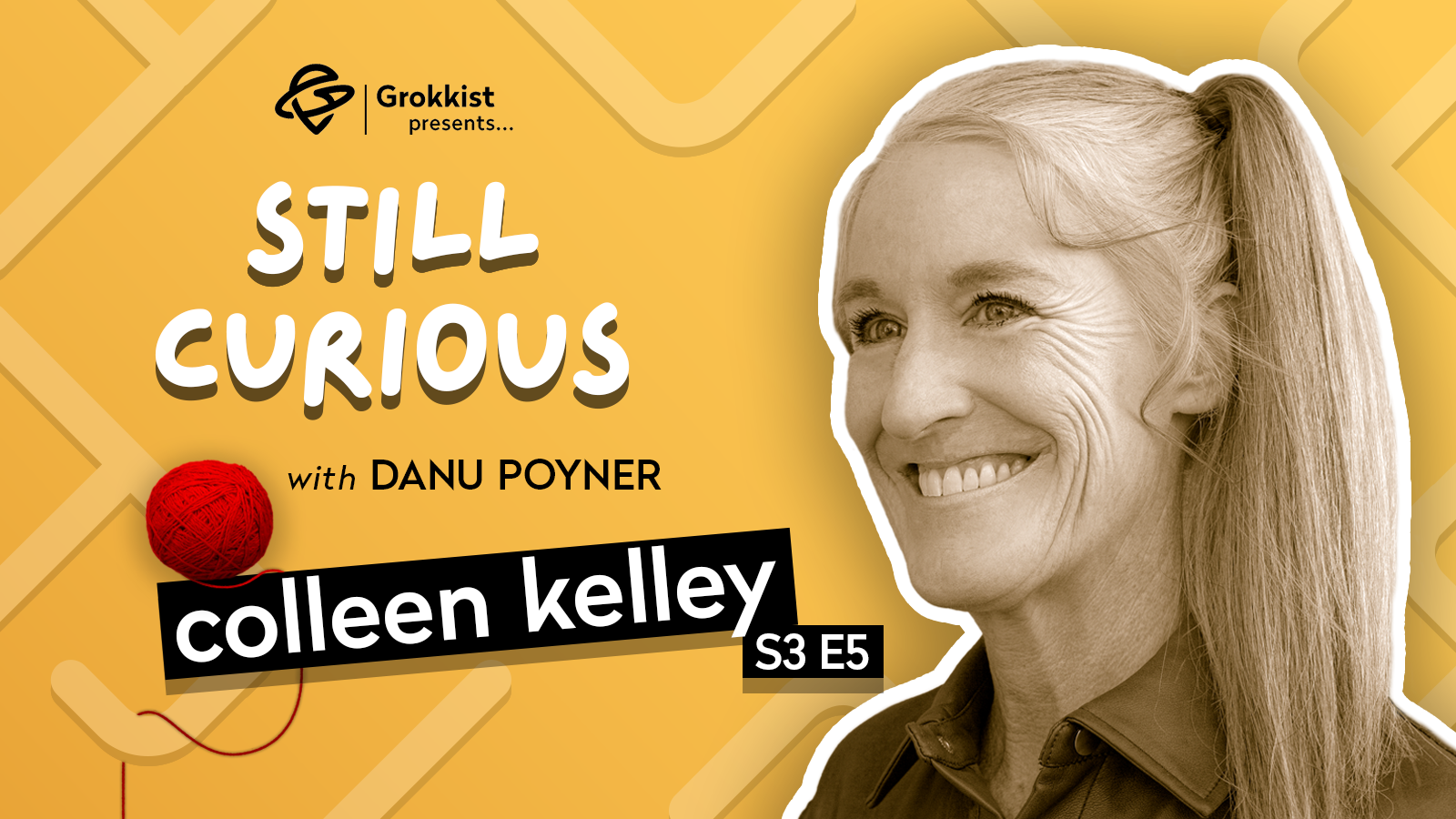
Let go and ride the wave in. That can also be a life-changing learning experience for any kind of creating, whether or not we would describe ourselves as creative.
My visual art nowadays is a lot of times is based in pareidolia, which is a word that just means things like seeing faces in the clouds. It's random data interpreted as something meaningful.
People that come to visit the artist residency, a lot of times people have not drawn or painted since they were kids. So I will tell them to just randomly work with some watercolours, just put 'em on the page, however feels right, and then either I will do it or I can show them how to do it. You start seeing things within the shapes and you start outlining them.
I feel like that's a really good way for one to learn how to draw because a lot of people's barrier for that is, 'Oh I wouldn't know where to start or I wouldn't know what to draw.' And it's like, if you see it, you can draw it, you can trace it. So I would give that as a learning experience, which is on a creative level.
But also I think it teaches us that the world, as we perceive it, has first been processed through the senses and battered with our associations and gets simultaneously automatically projection mapped back into the world. And you become very aware of this when you start seeing things that aren't there and learning to trace them. You become more aware of where those limits are. So that's a learning experience that on various levels I like to instil in people.
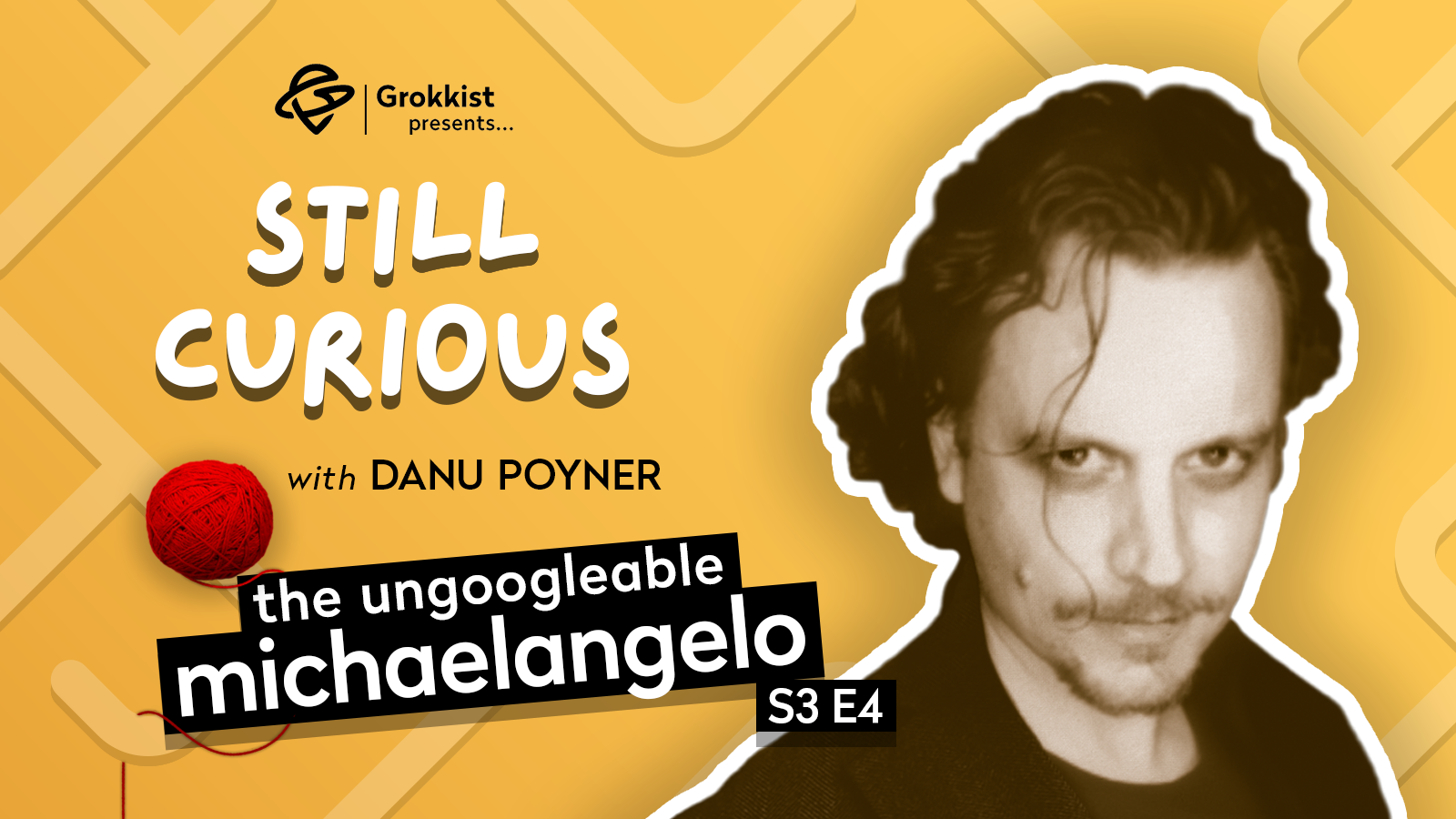
It’s a delicious irony that it’s precisely by letting go of the self that we can in fact be more present and alive.
And it turns out that’s a life-changing experience we can learn from even without needing to be pregnant, or go surfing, or take an art class.
Just learn to focus on your breath and bring your mind and body together, because you become way more powerful if your mind and body are aligned to see world as it really is. One breath at a time.
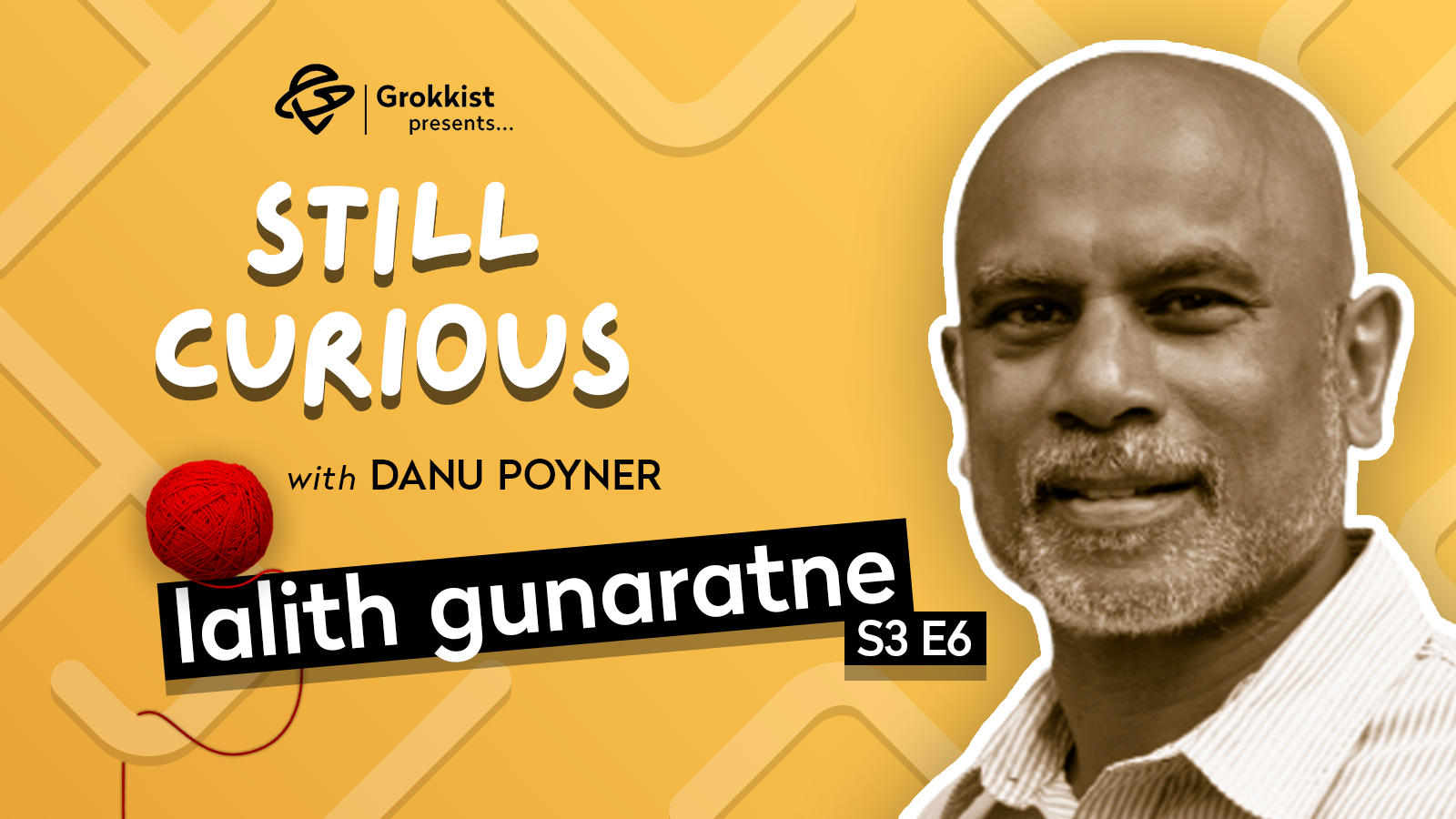
We started this whole conversation by observing that the learning experiences that people actually describe as life-changing most often have little or nothing to do with classrooms or educational institutions at all, and yet we are much too relaxed about allowing the institutions of schooling to interfere with the practice of educating ourselves and each other.
So it seems appropriate that our final life-changing learning gift is not only about transcending the self, but also about re-centring the practice of education.
It's to teach. I don't think everybody's had the opportunity to teach. It's a very simple act but it's a very powerful act when you're really doing it, because you disappear, the 'I' does disappear in a way when you give yourself to trying to get an idea across.
It happens to us in conversation all the time, but then when it crosses over into teaching, maybe in a state of relation, that's very special where you and this person are both stewards or cultivators of the idea. It's almost like an act of worship together where you really are there together.
I'm not saying everybody should be a teacher as a job, but I think anybody who has taught knows what I mean, in some sense, in that you get these little moments, but I don't think everybody gets those moments where they really get to share it. You can tell that people are hungry for it because, if somebody has an opportunity to even train you at a job or something like that, you can tell there's a pleasure that gets ignited, that we all get.
It's not about being authoritative. It's about the joy of losing the self in being a conduit for something that transcends you.
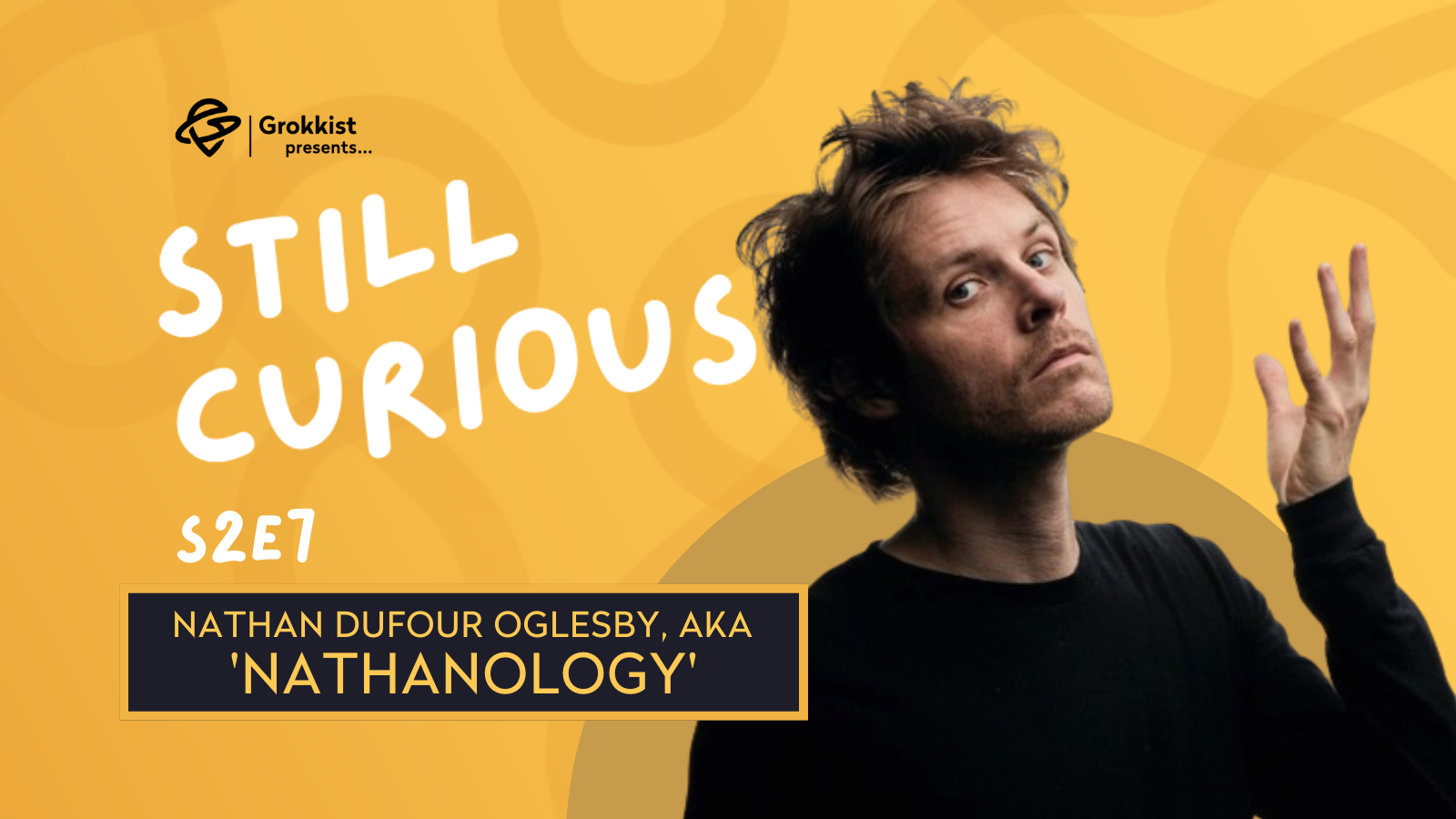
Well said, Nathan.
A radical conclusion
So what does it all mean? For me, the bottom line is nothing less than this:
If we want the way we do education to be actually life-changing, then we need to be a lot less distracted by the apparatus of schooling, and a lot more interested in learning how to hold space. We need to remember that education is about drawing out, not putting in, and we need to be wondering how to be better midwives, because everything new needs to be held, and needs a place into which it can be born.
We need to respect educational spaces as a magic circle or temenos – the ancient idea of a sacred space within which special rules apply and in which extraordinary events are free to occur.
If we need structure, it is only to the extent that it creates the opportunity for us to be in radically present relationship long enough for our fellow human becomings to grow into flourishing human beings.
If we are sincere about the practice of education, then this is how we need to come to that practice if we are trying to gift life-changing learning experiences to others. And if trying to gift life-changing learning experiences to others is not what we’re trying to do, then just what exactly is it that we think we’re doing?
My hope is that if we take this message to heart, then the practice of education might be allowed to interfere with the institutions of schooling.
And wouldn’t that be a life-changing learning experience for all of us.
Final thoughts
So, there you have it – 26 gifts of life-changing learning, all about broadening our perspective, finding our authentic self, and, ultimately, transcending that self.
Of course, this isn’t the final word on life-changing learning experiences. Far from it.
These are just my reflections and interpretations from the convenience sample of conversations I’ve had so far. I feel like I’m just getting started, and I’m excited to hear from an even wider and more diverse range of voices.
If you want to share a life-changing learning experience you would gift someone, feel free to email me a note, a voice message, a video, whatever works best, and send it to [email protected] - I won’t try to spell that out, it’s written in the show notes.
And guess what - I do have one more life-changing learning gift to share.
This one didn’t fit neatly into any of my three buckets, but it sort of fits into all of them. Or not. The buckets are only a framing device anyway, so consider this a reminder - don’t be afraid to reframe things anytime you’re not happy with the buckets you’ve been given. Anyway, here’s Sam:
A smartphone. If everyone growing up could have a smartphone, it would be a life-changing learning experience across the entire world.
If people could have the electricity to keep it powered, the data connectivity to reach things in a timely manner, and the hardware in their hands, regardless of where they are in the world, that's a life-changing learning experience, 'cause guess what? You've got everything. Everything you could ever want to know in the palm of your hands.
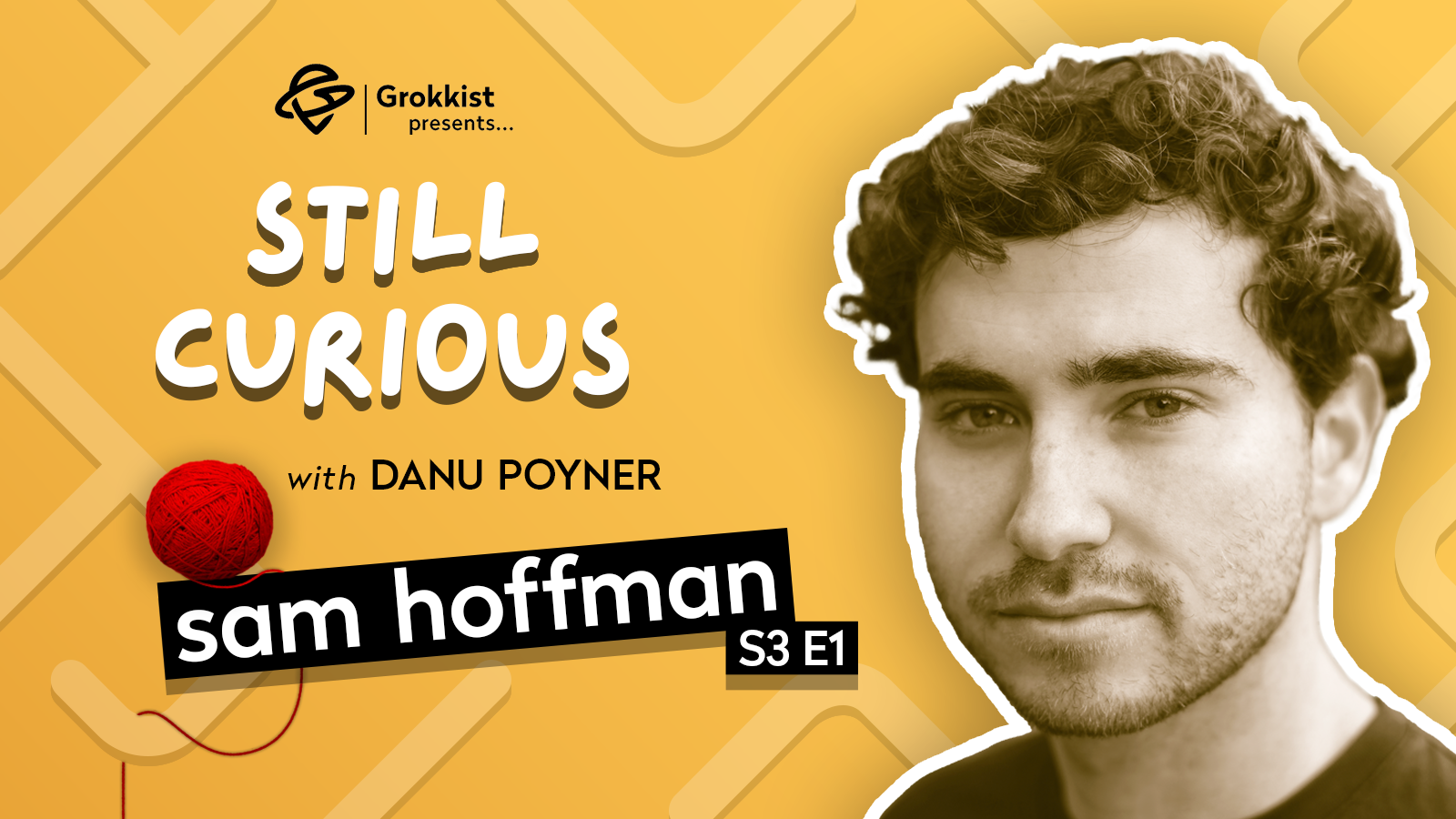
Thank you for having me in the palm of your hands, dear invisible reader.
This is my last episode for the year. I’ve been doing this show for two full years and it’s only now that I feel like it’s finally told me what it wants to be, or maybe I’ve finally learned how to hear what it wanted to be all along. In any case, I’ll be back next year with more conversations and reflections on what it means to be someone who insists on still approaching the world with curiosity and care, despite, y'know, everything.
Thank you so much for being here, and stay curious.
Acknowledgements
Thank you to all my podcast guests for sharing their wisdom in such a heartfelt and unguarded way. Thanks also to David B. Drake, whose book Narrative Coaching: Bringing Our New Stories to Life has been particularly influential and timely in helping me voice these thoughts on practising education in a way that supports truly life-changing learning.

